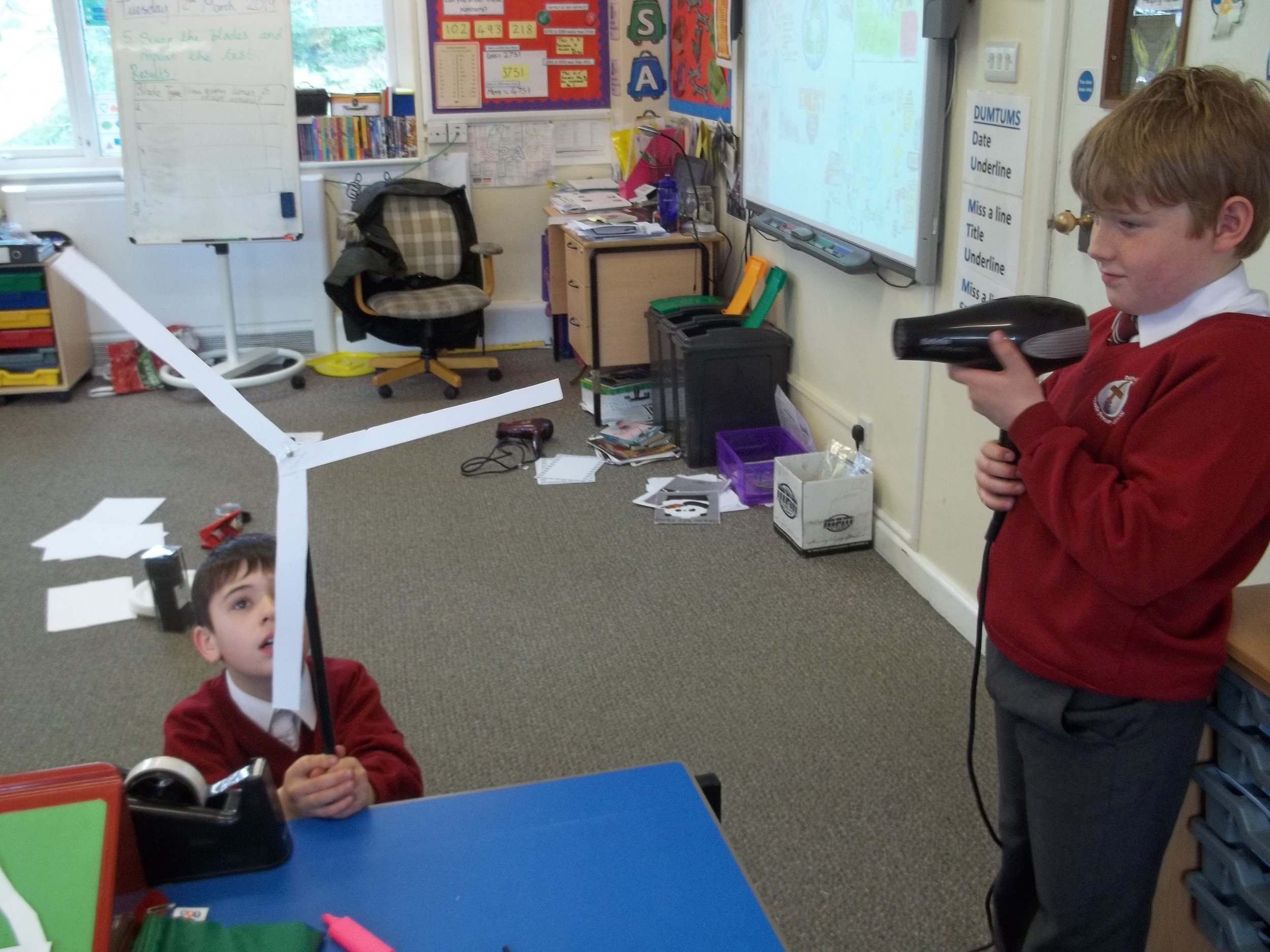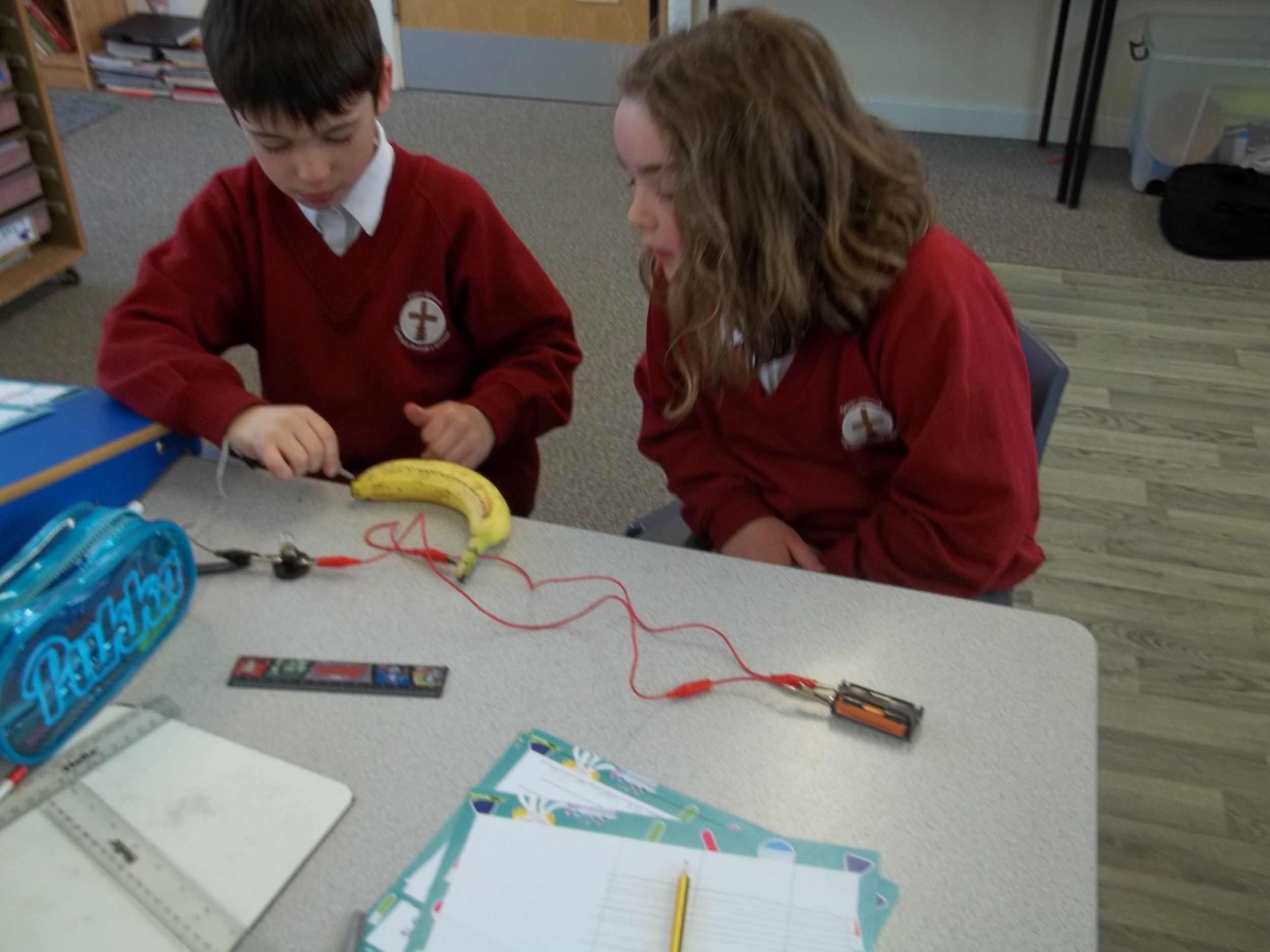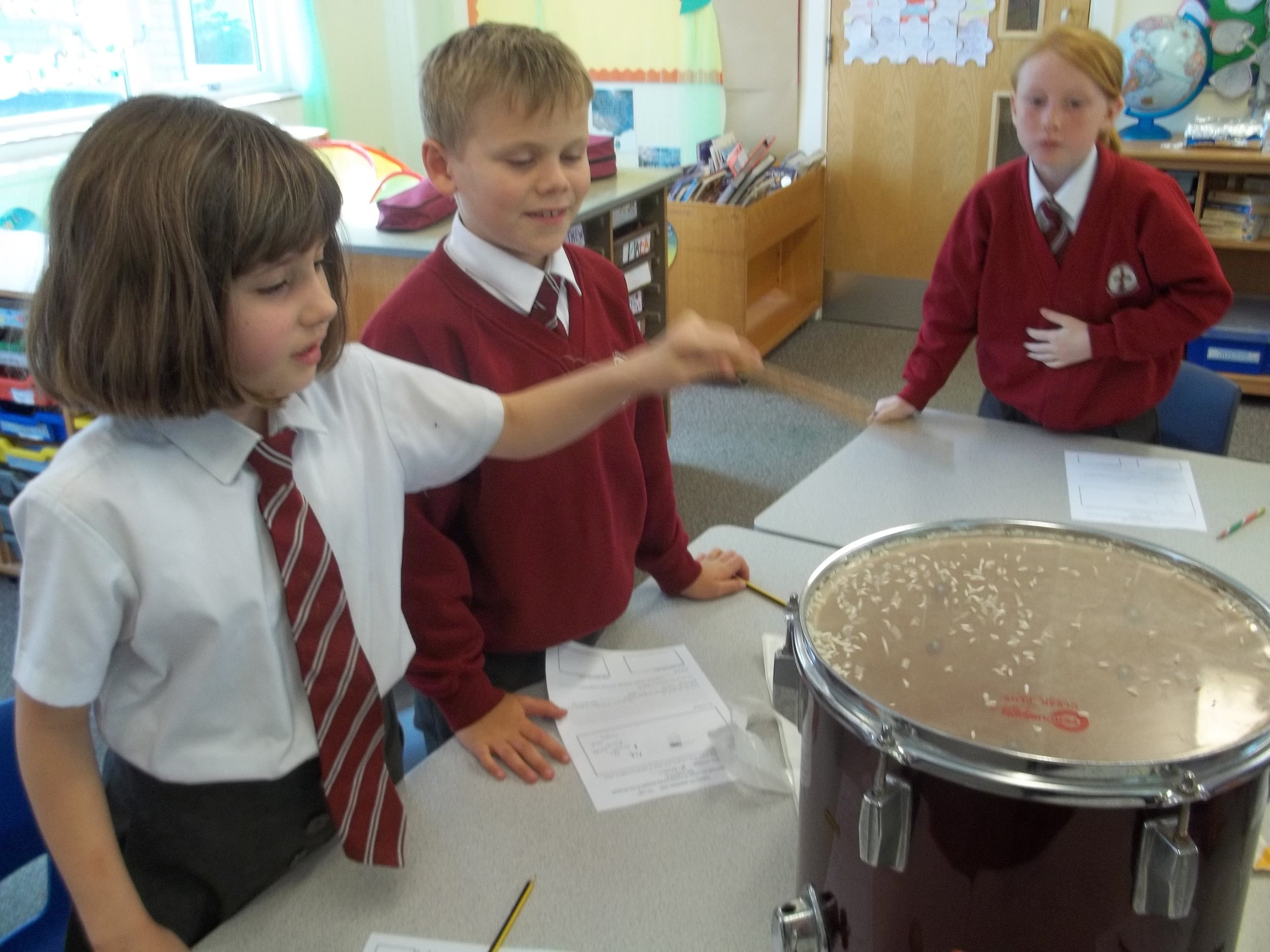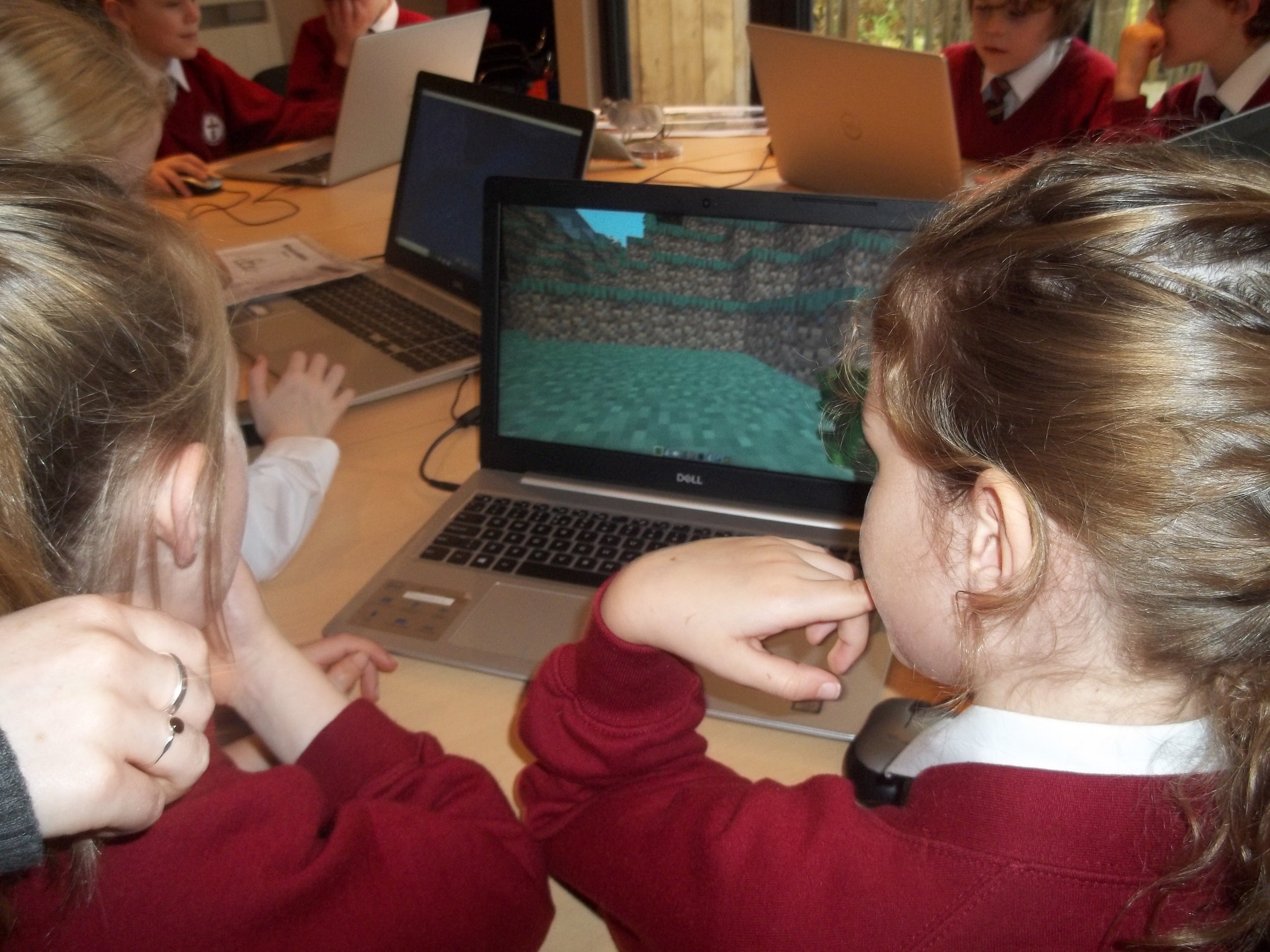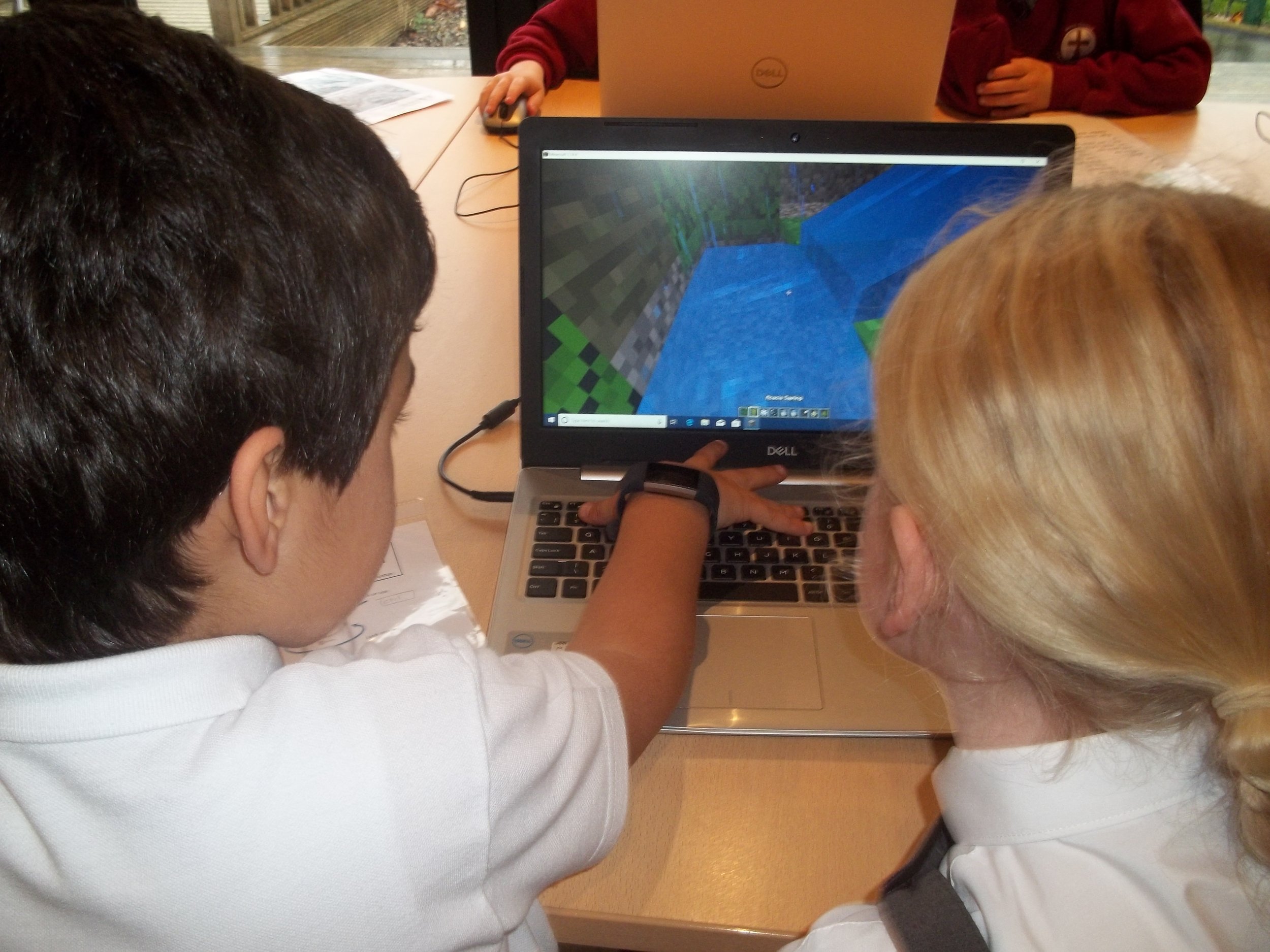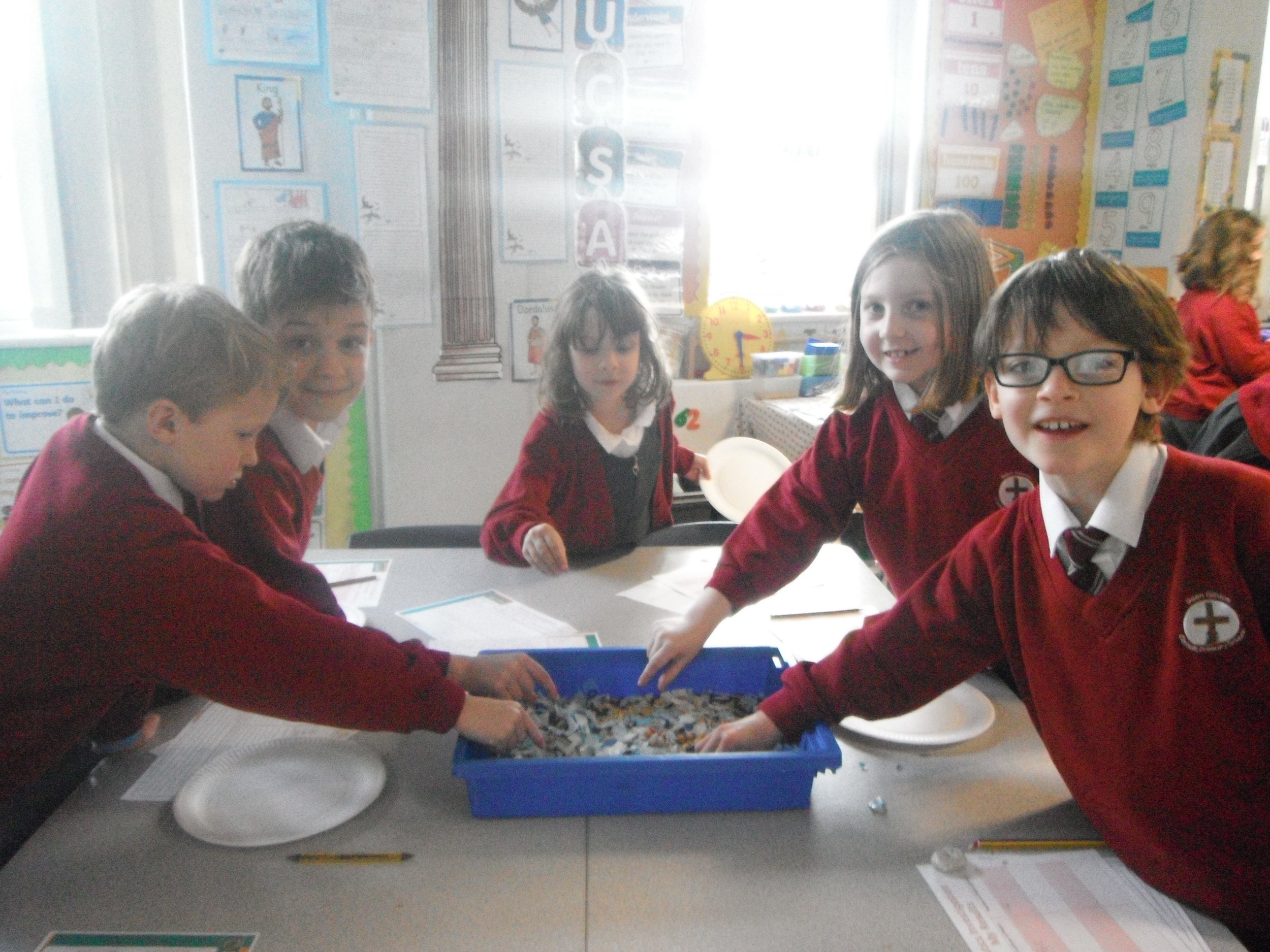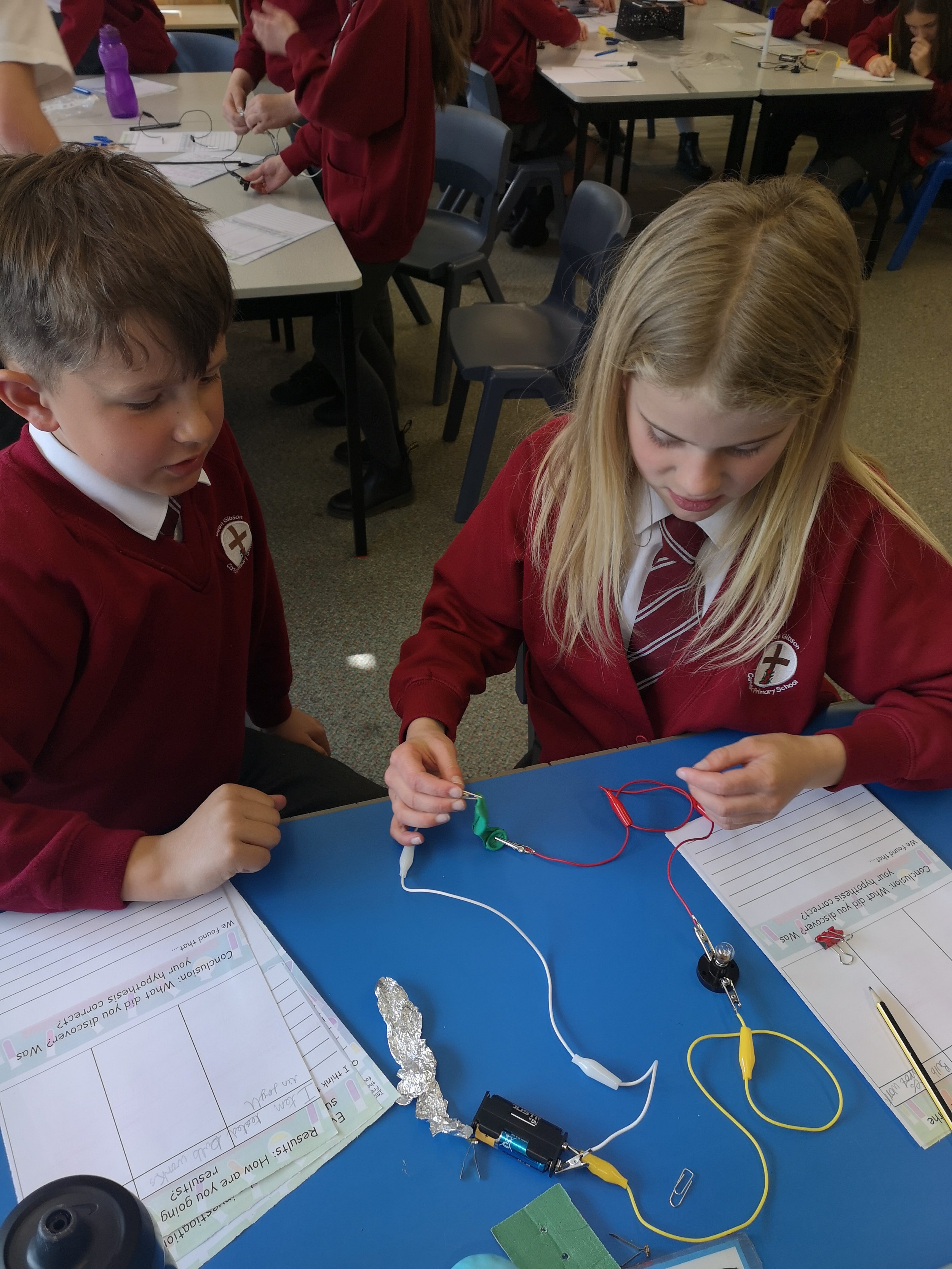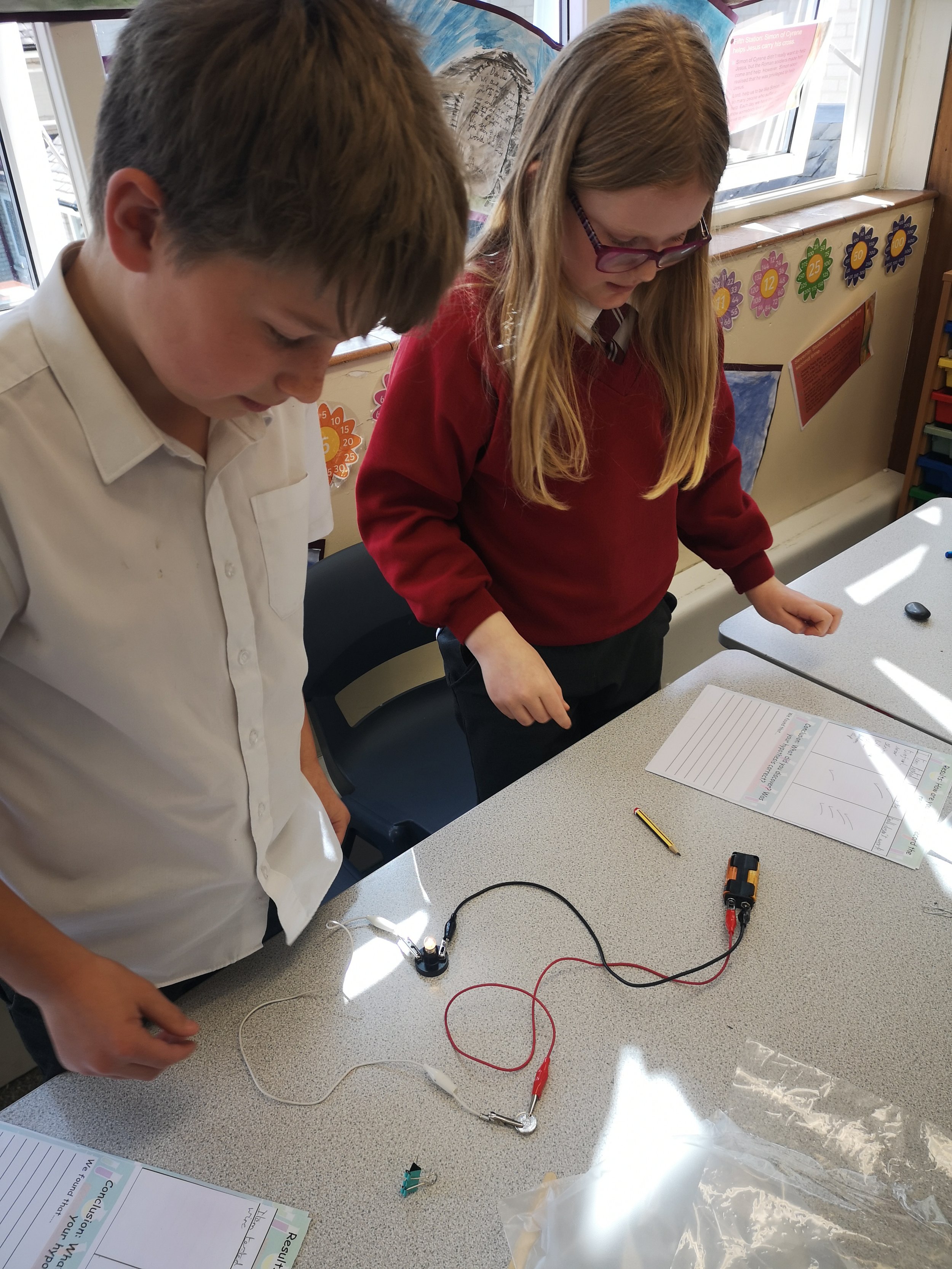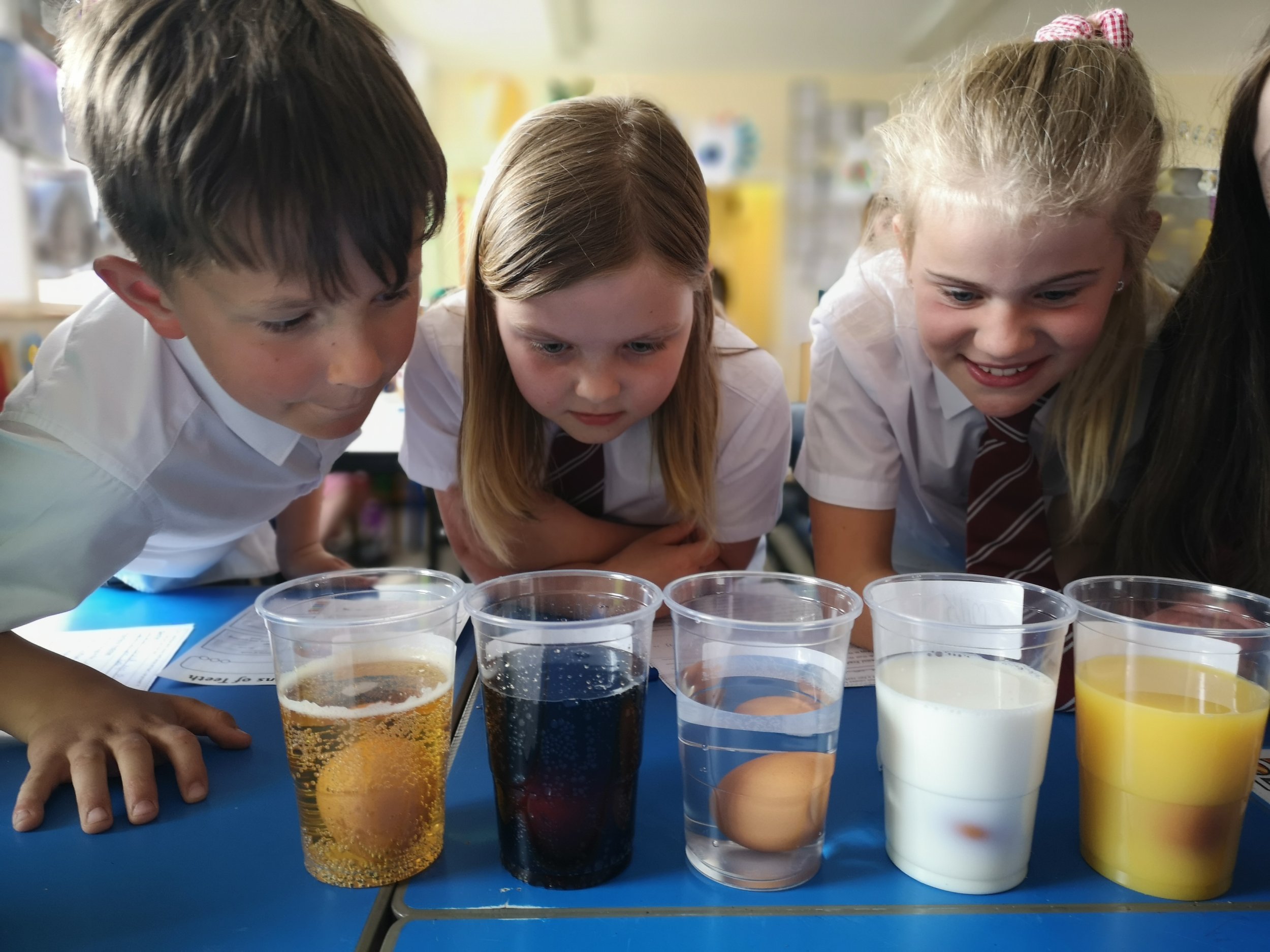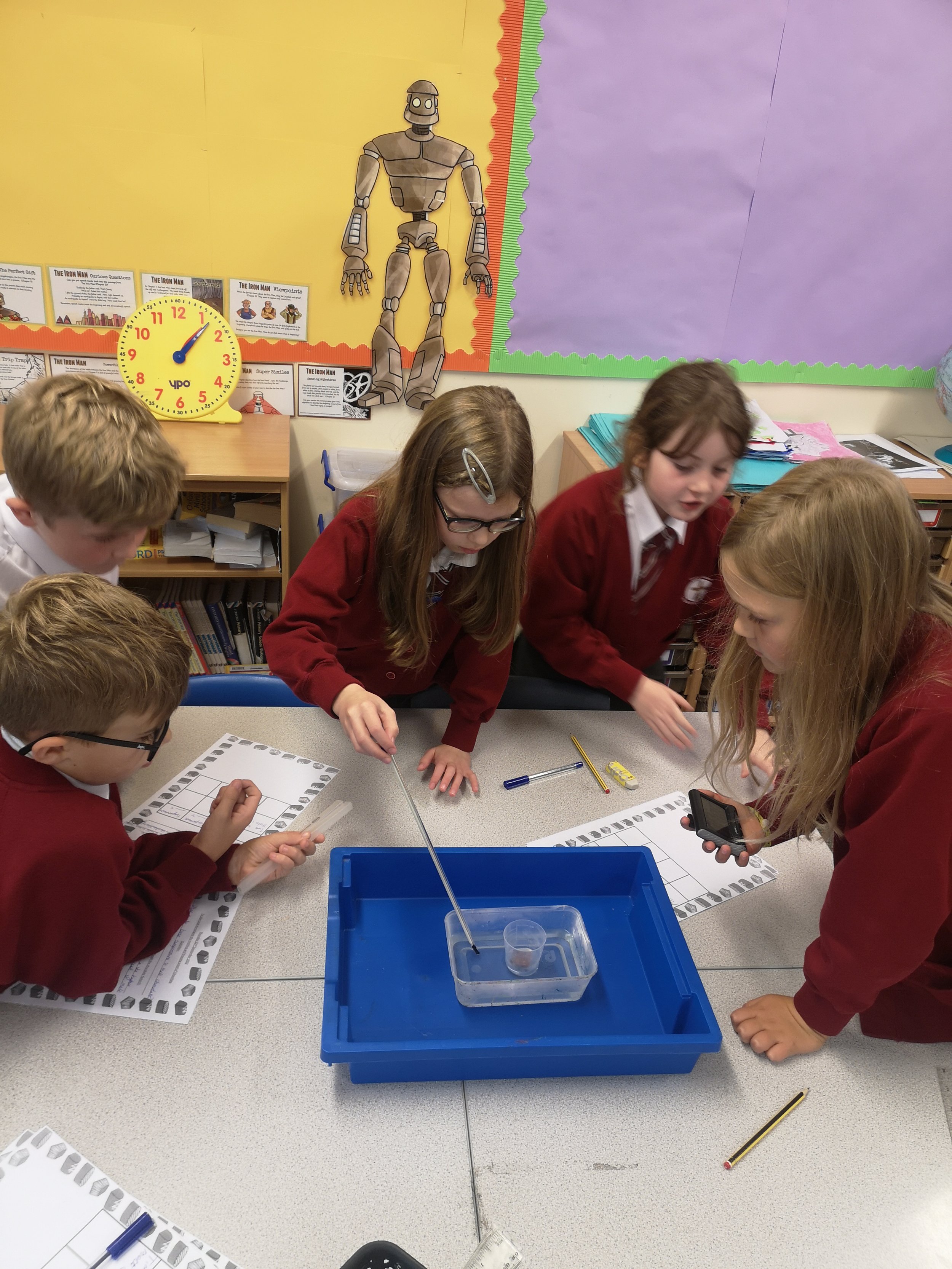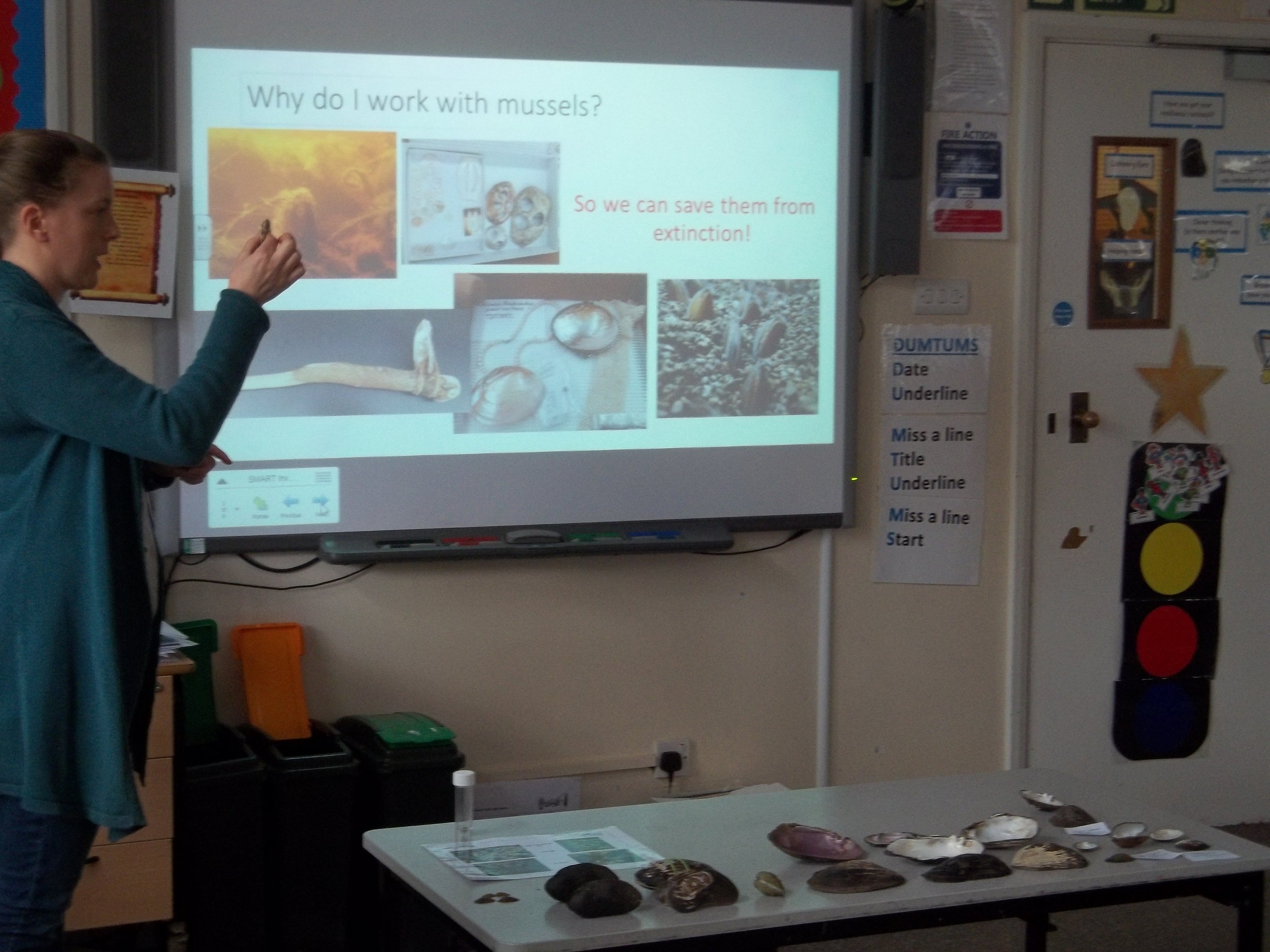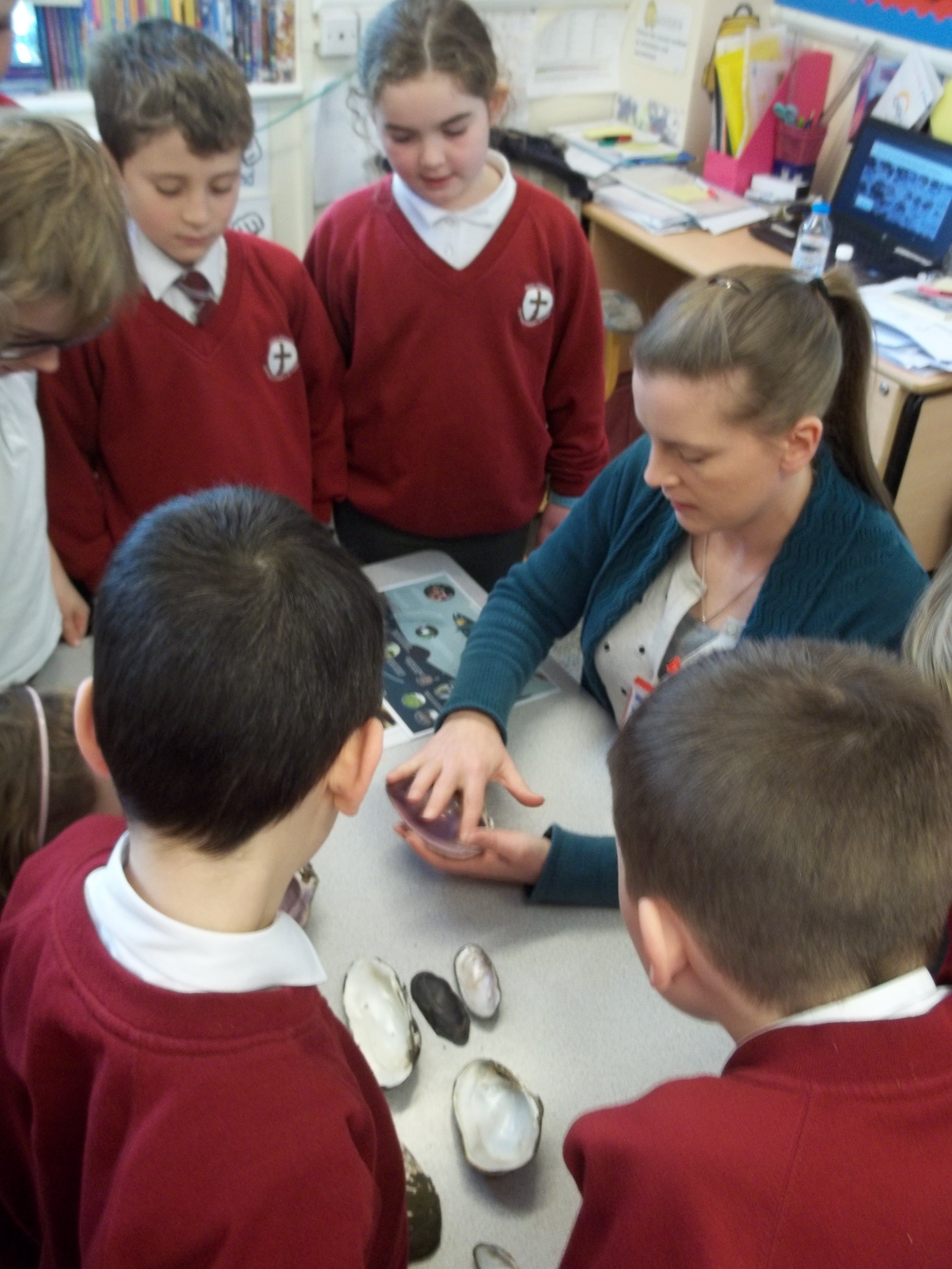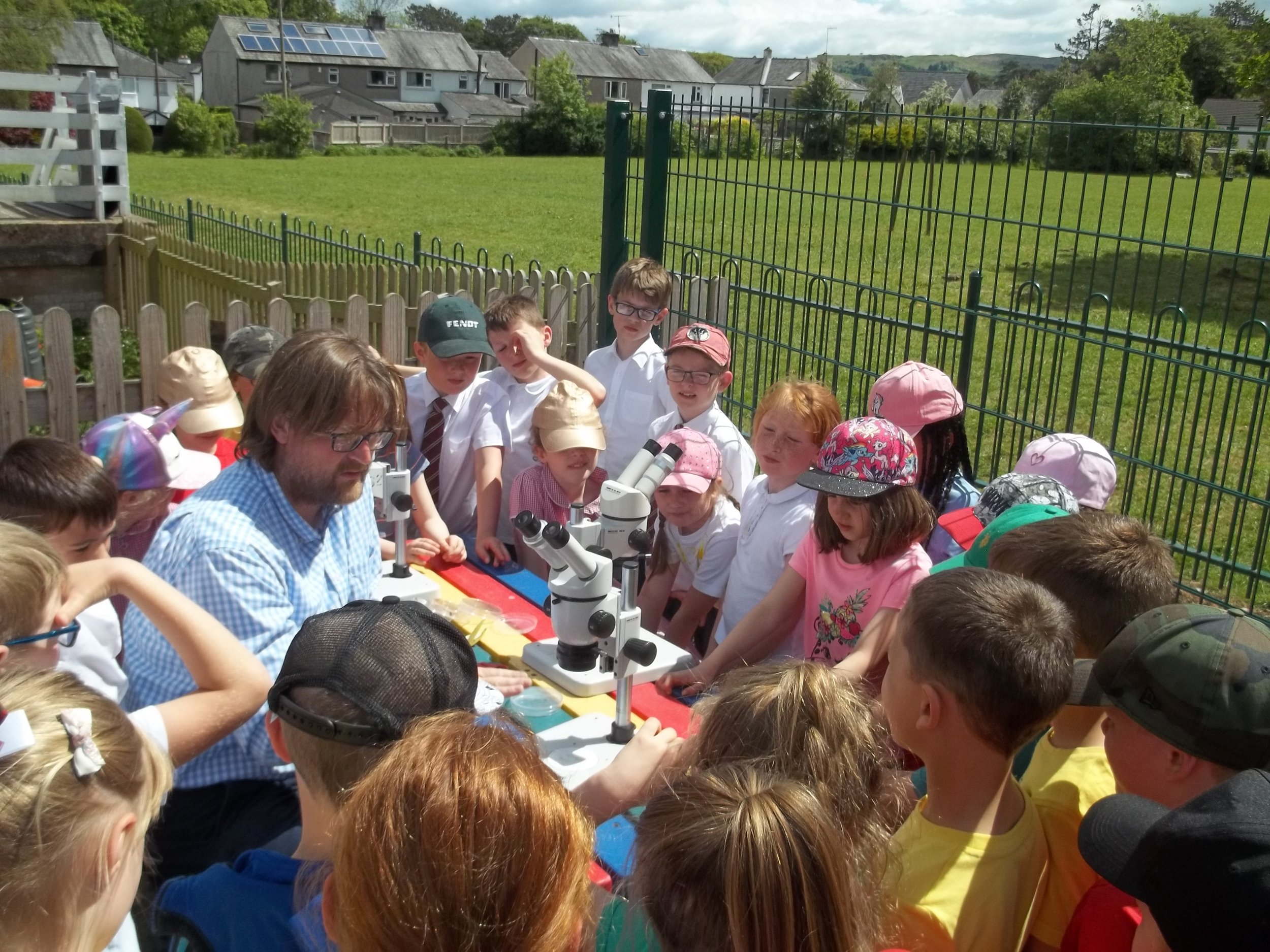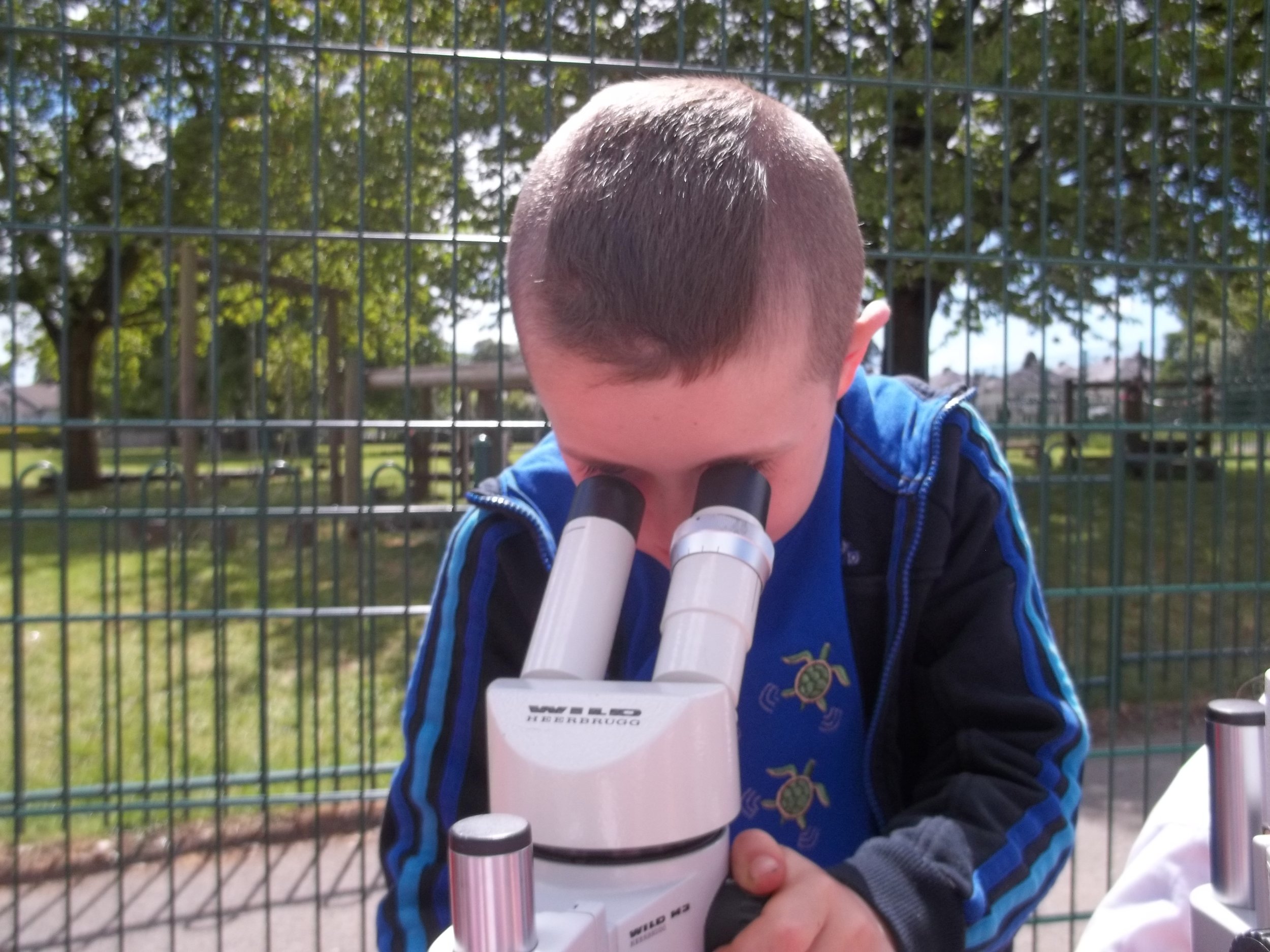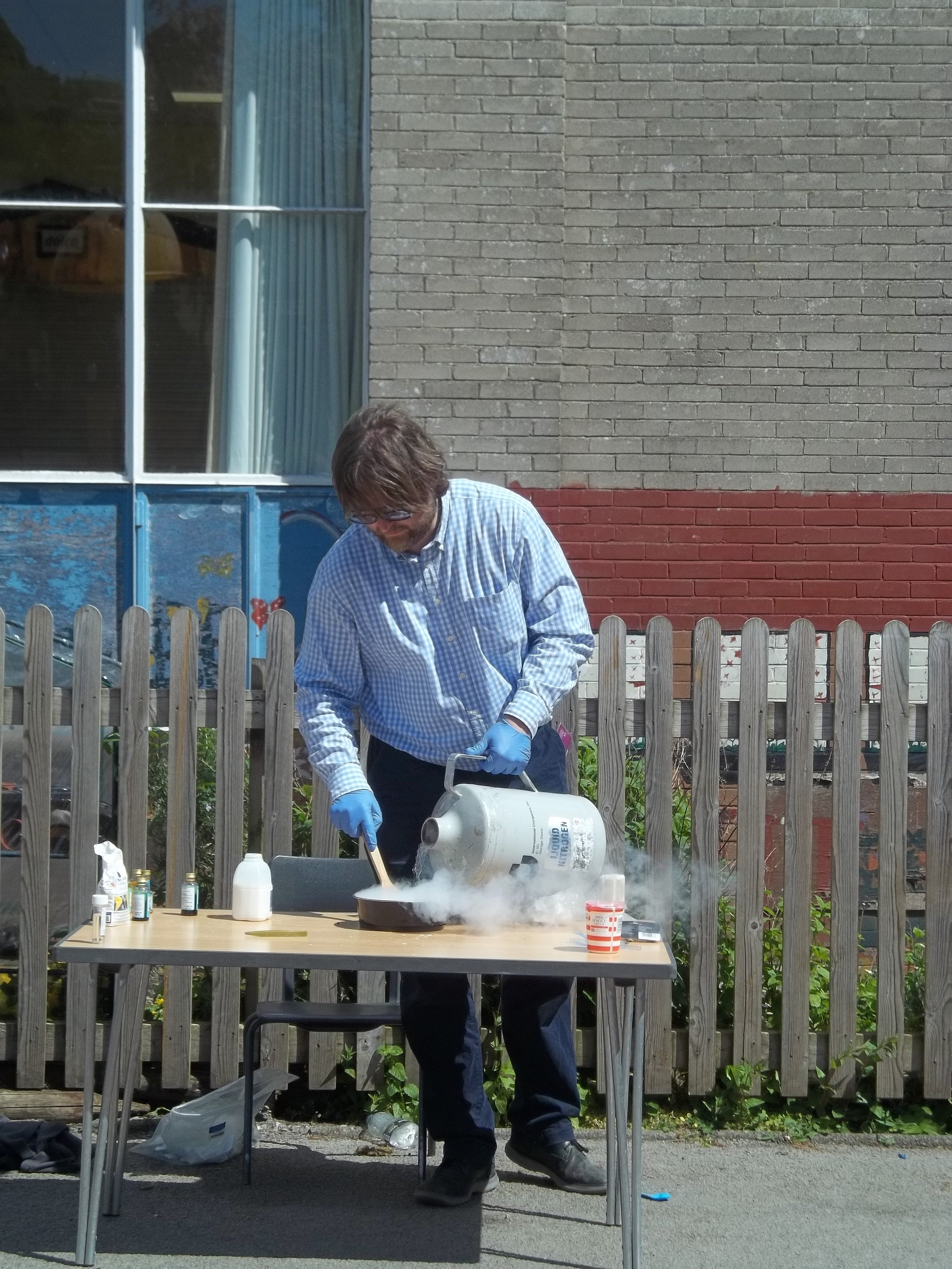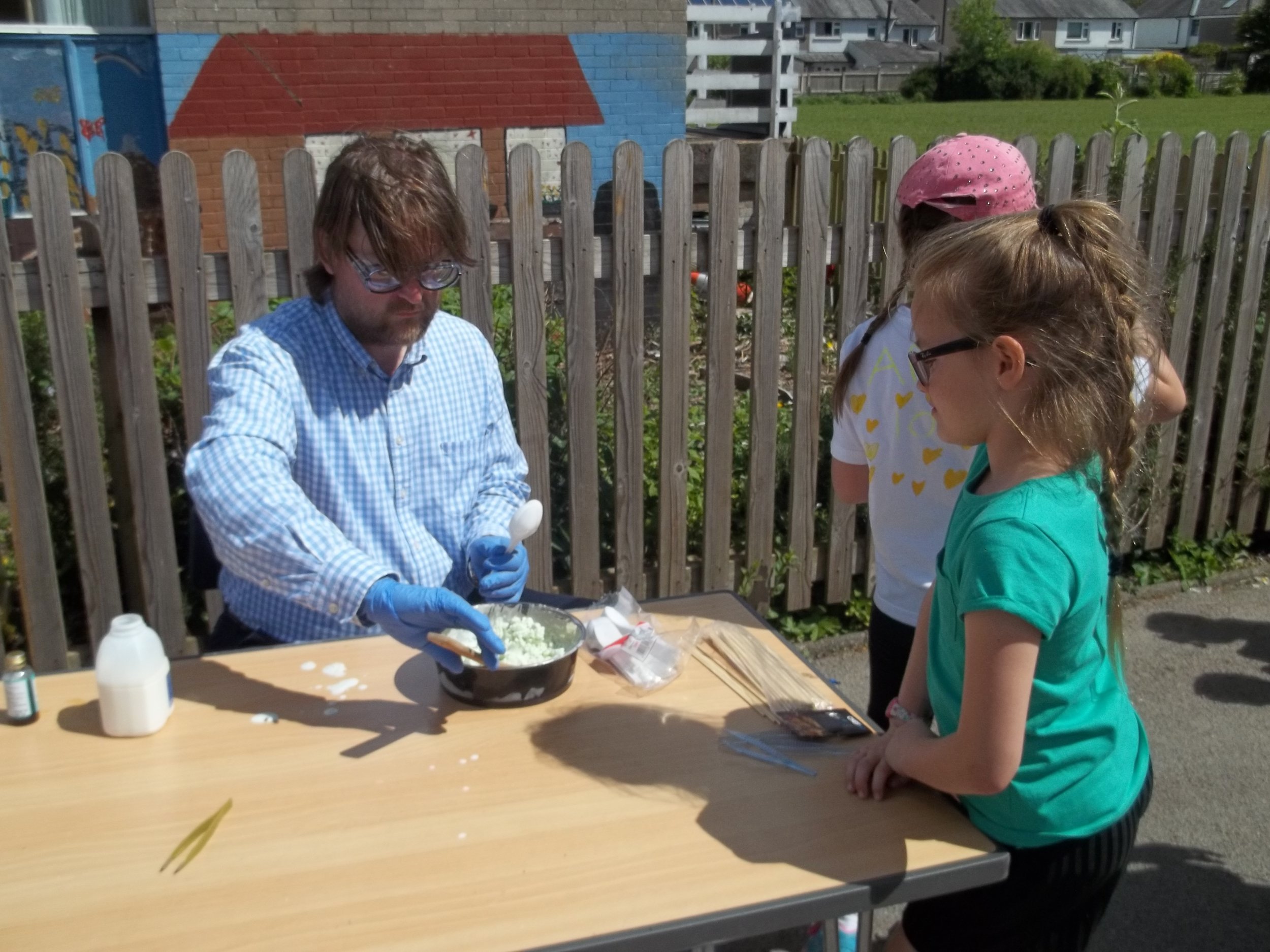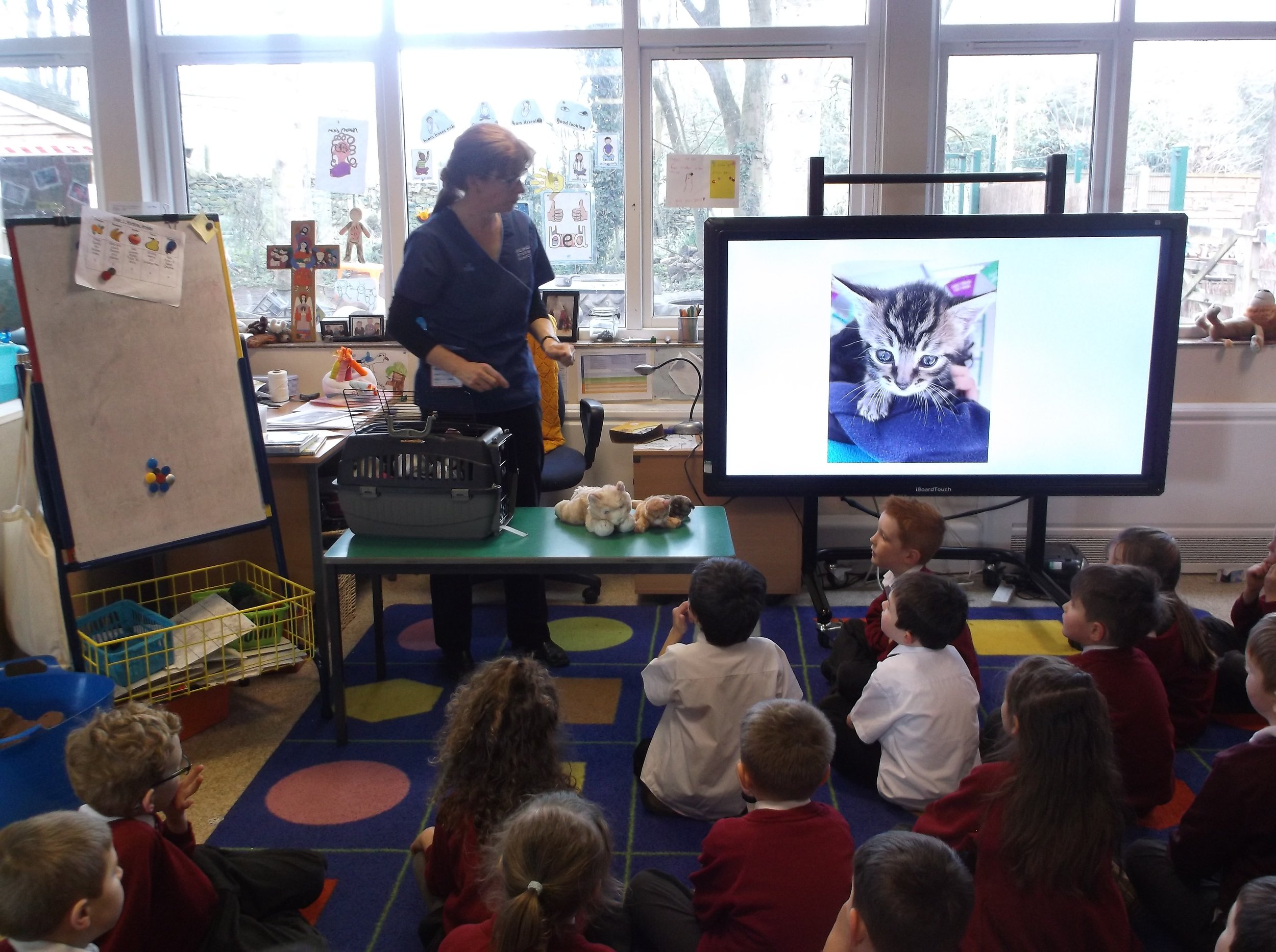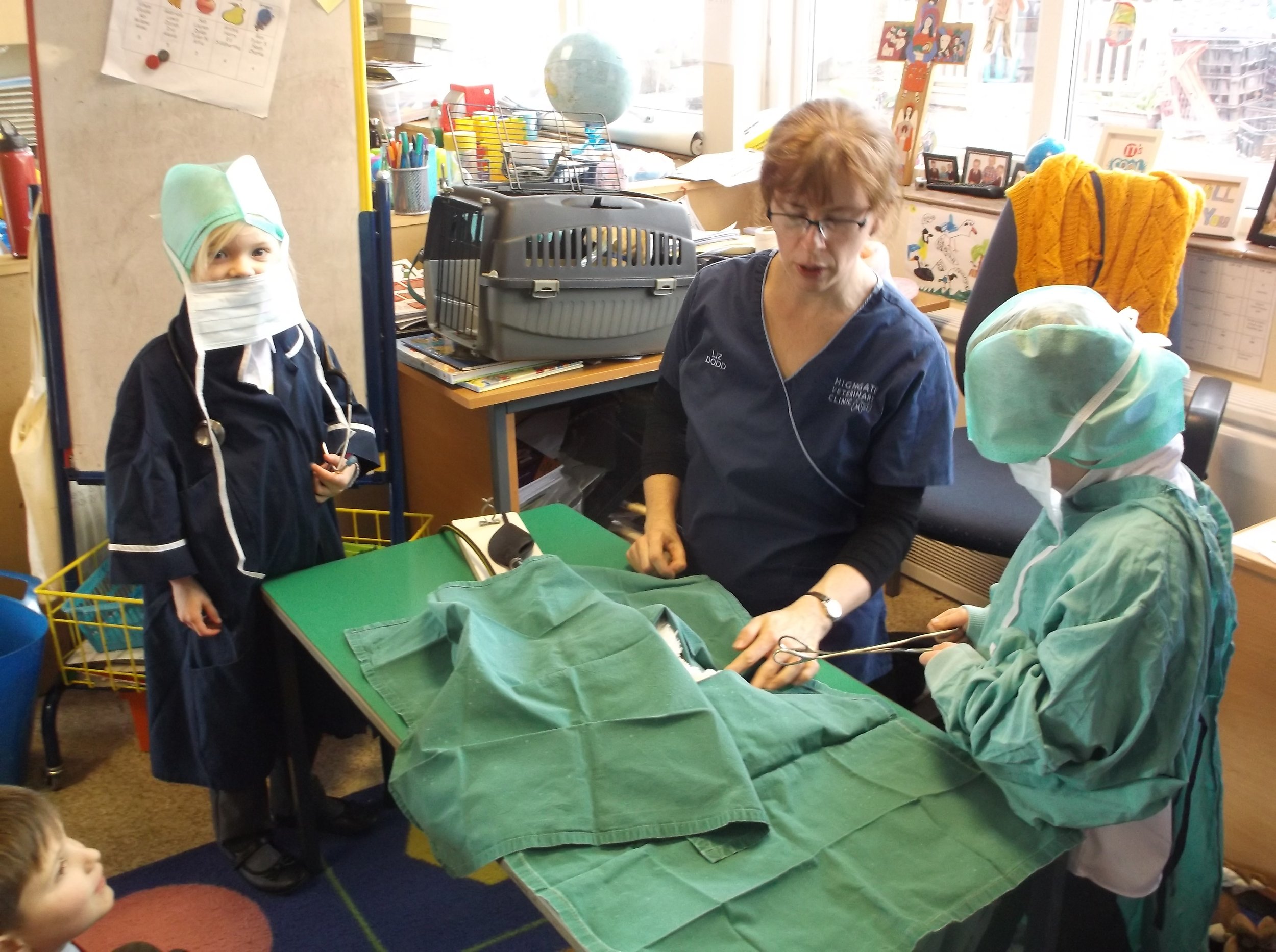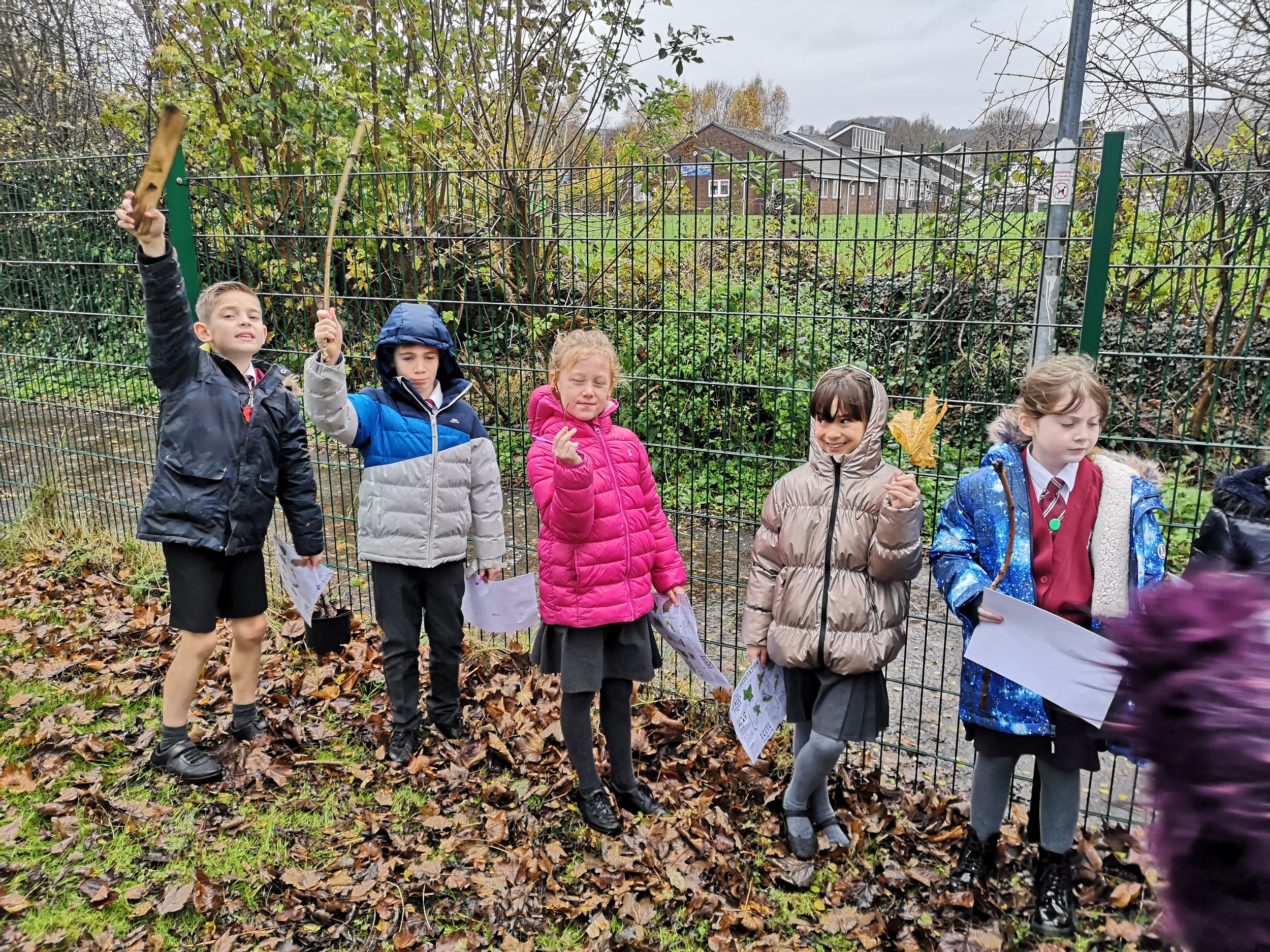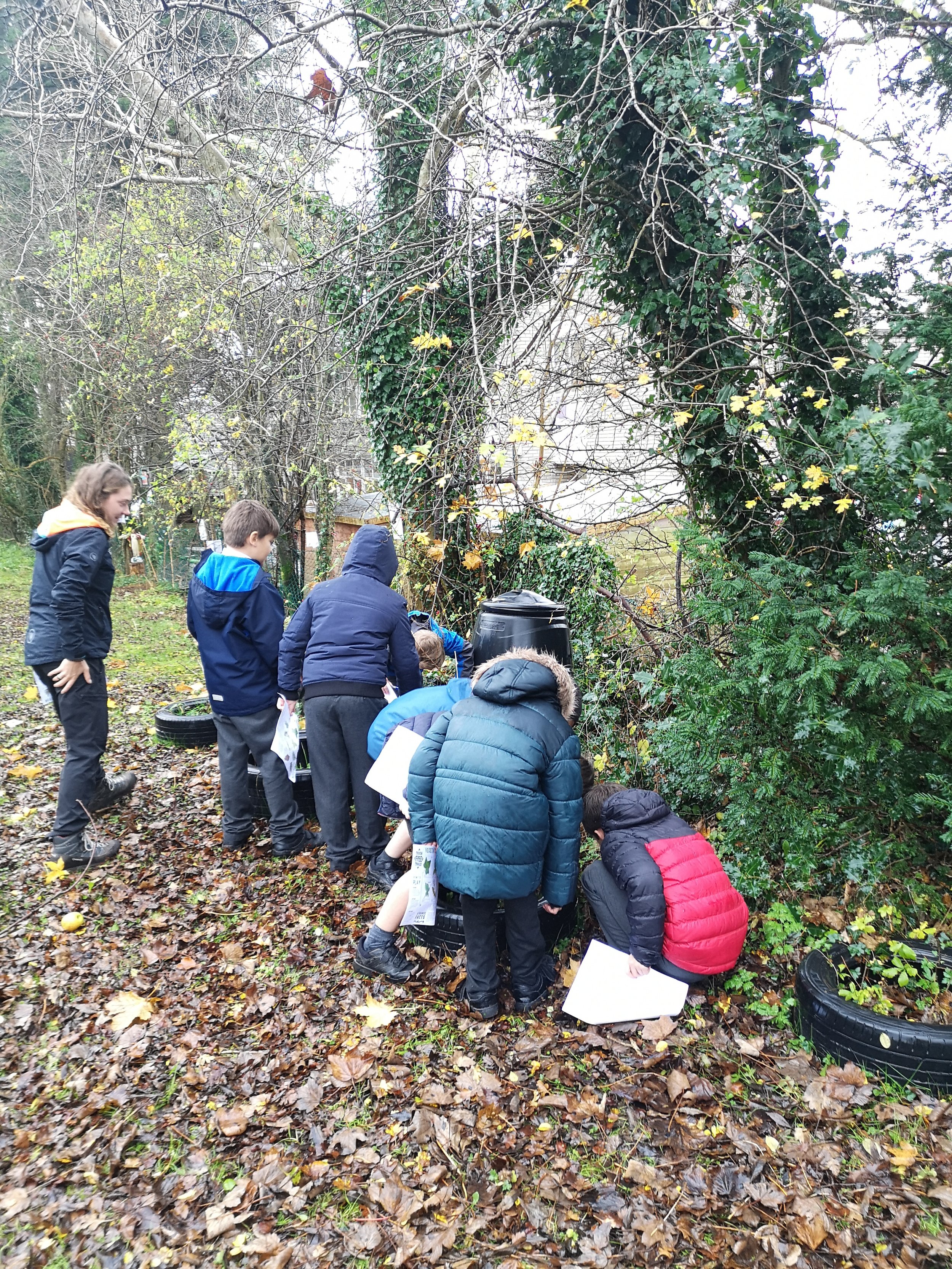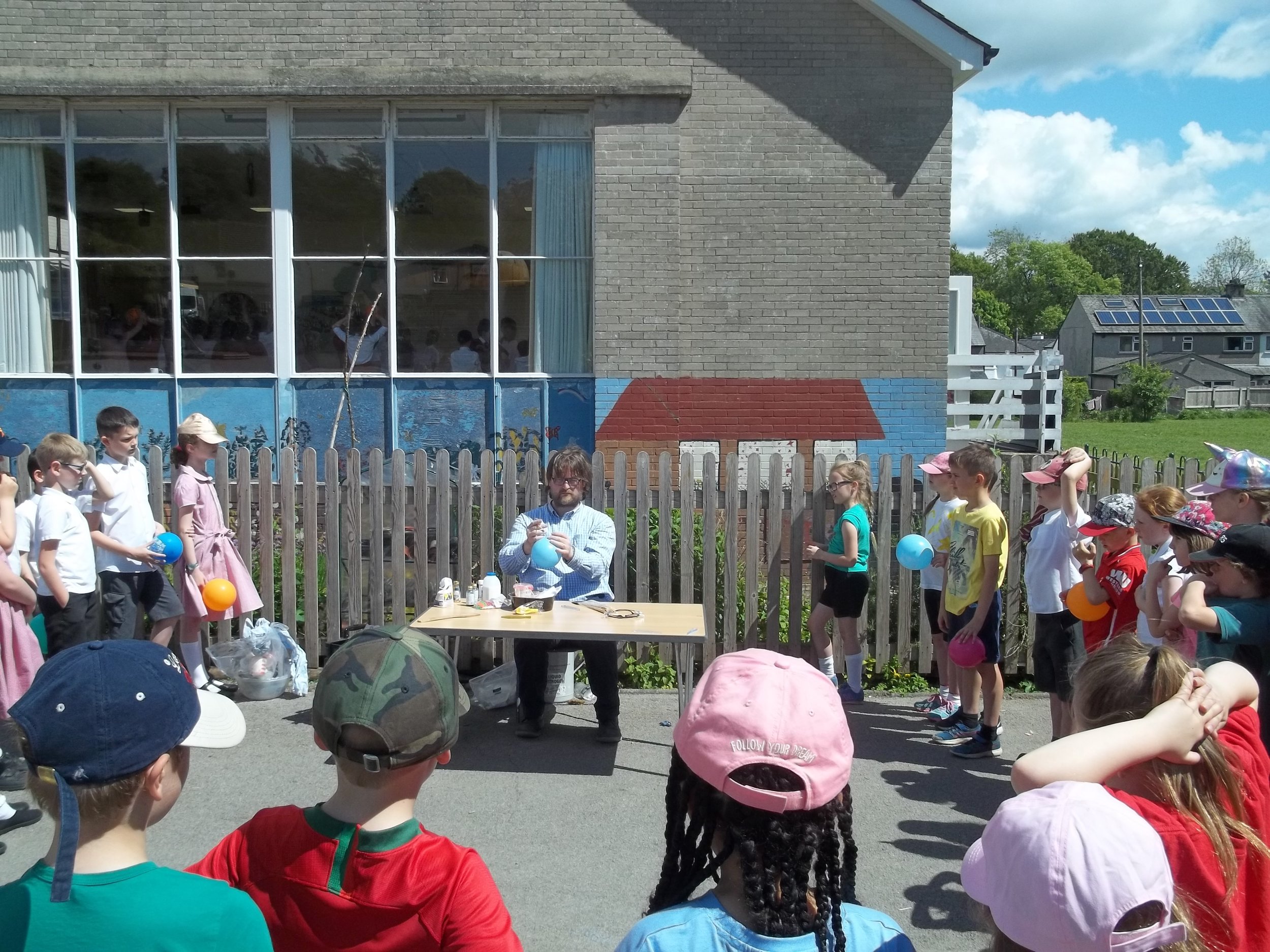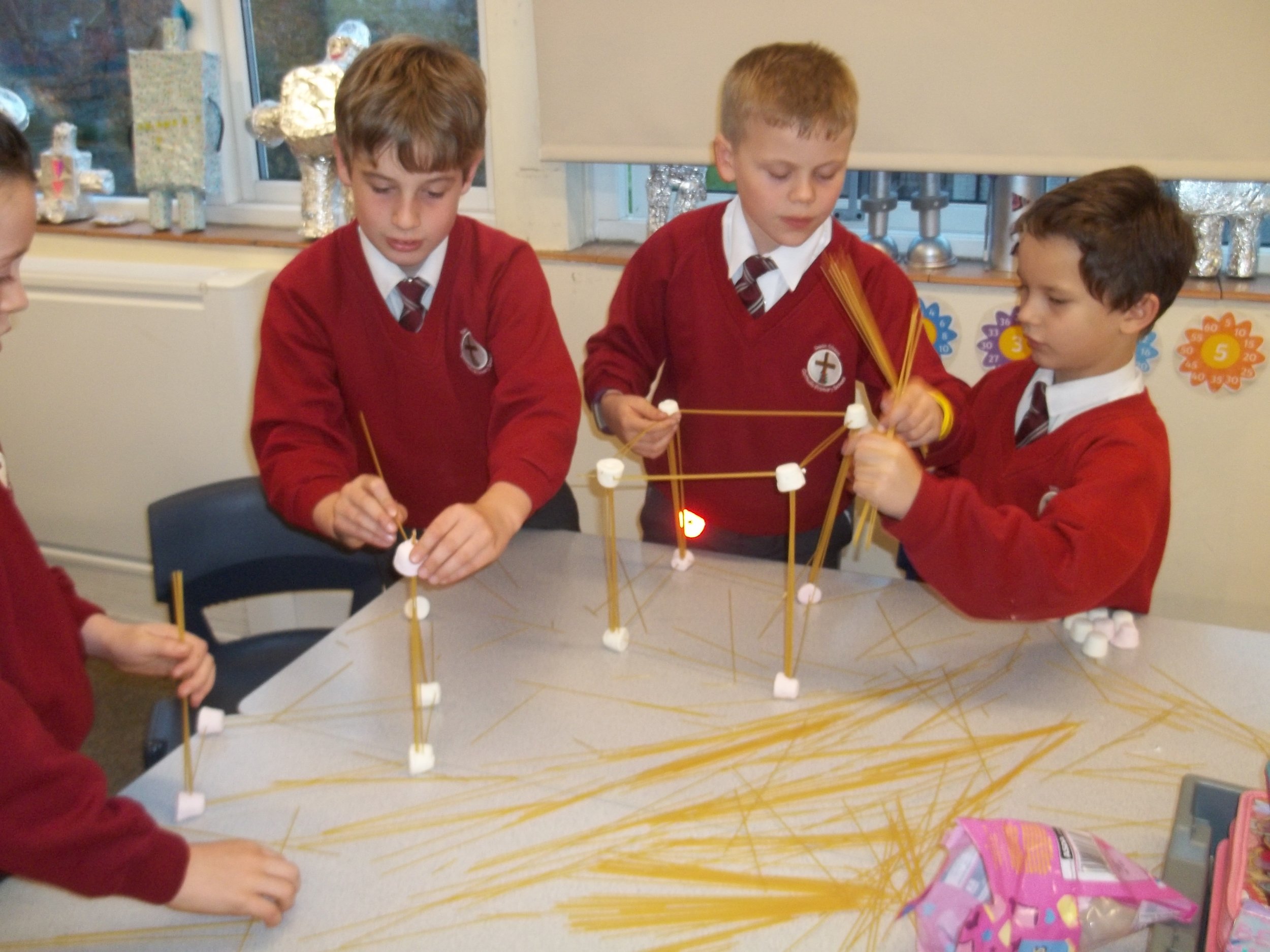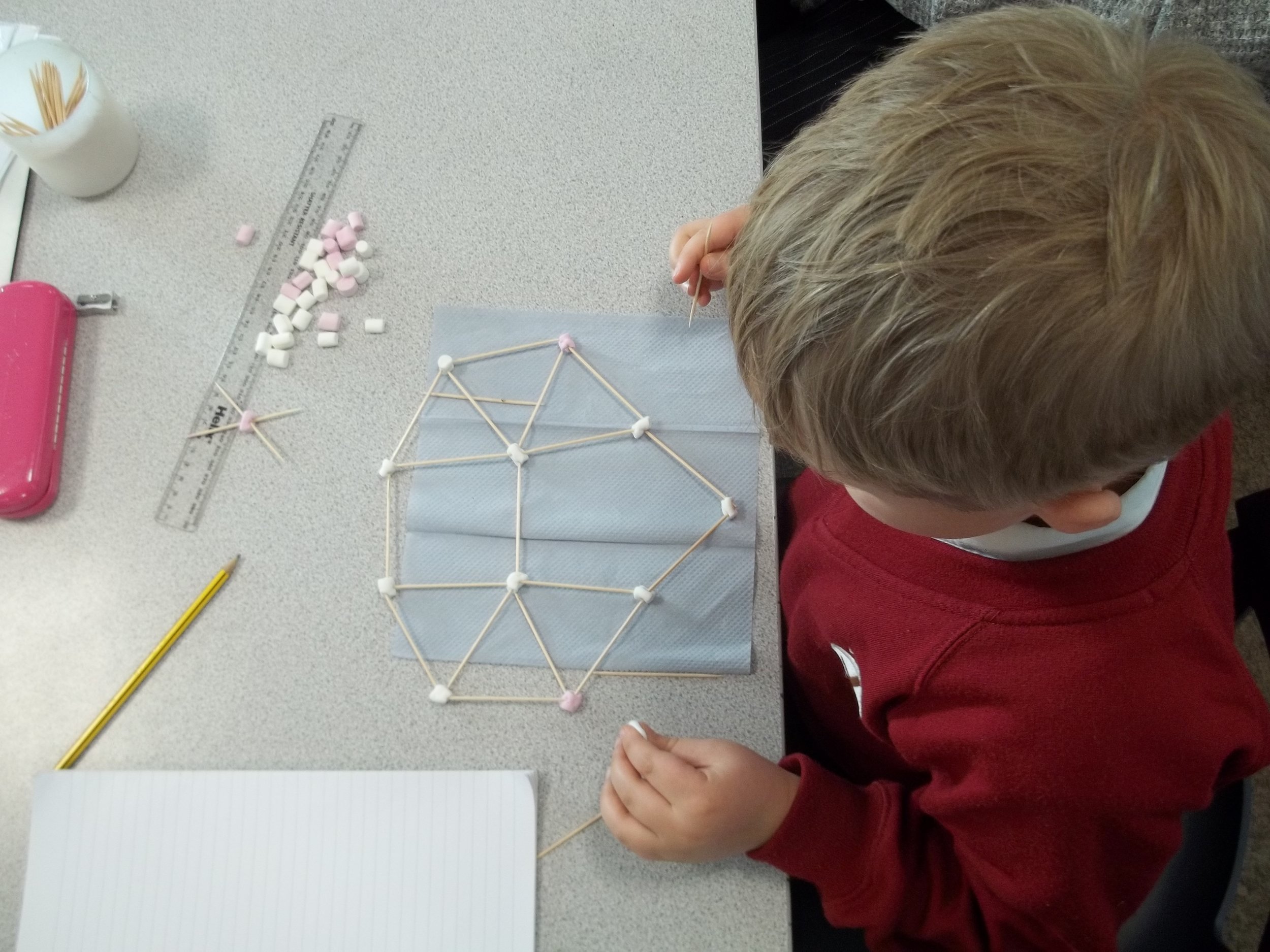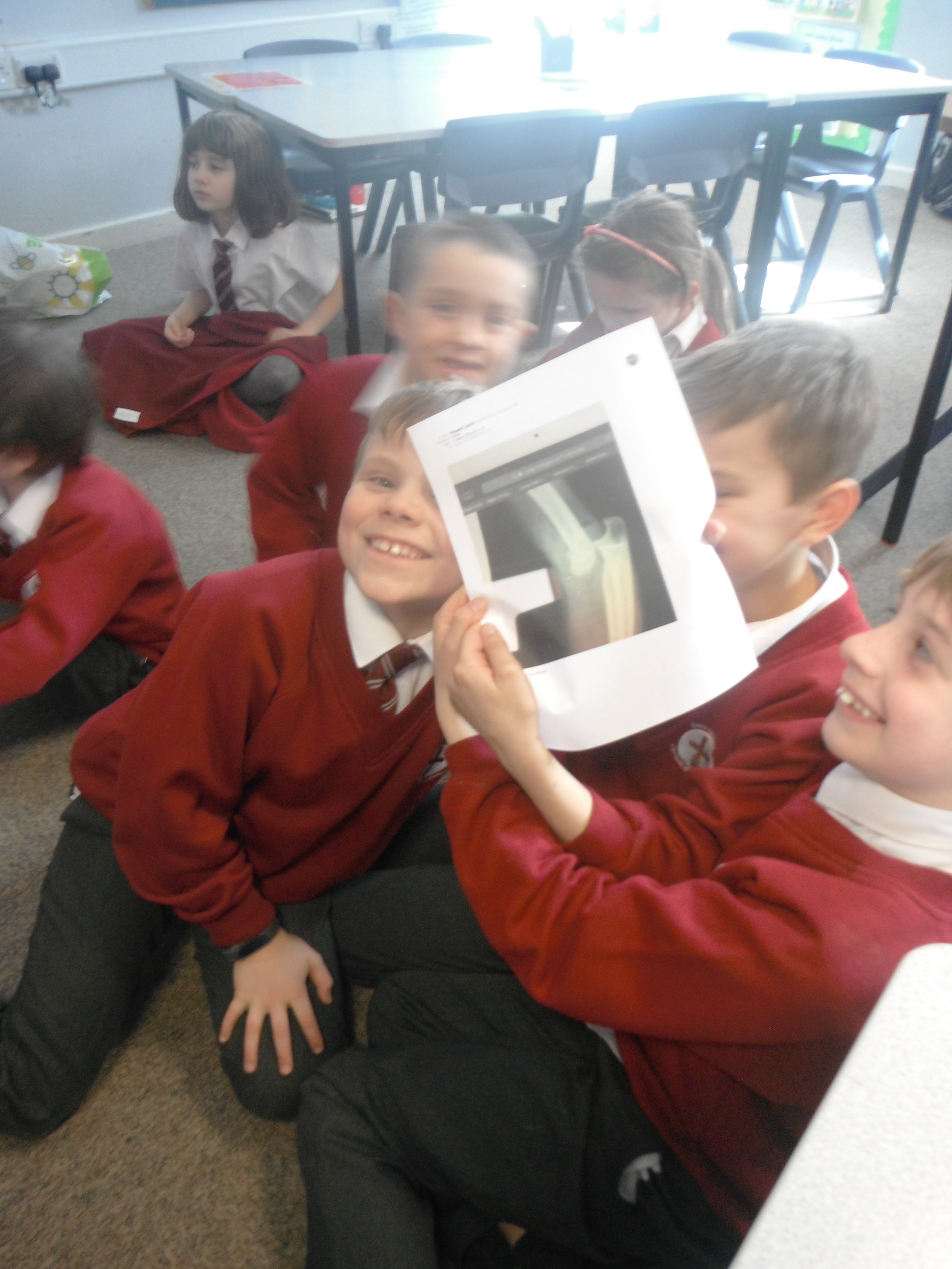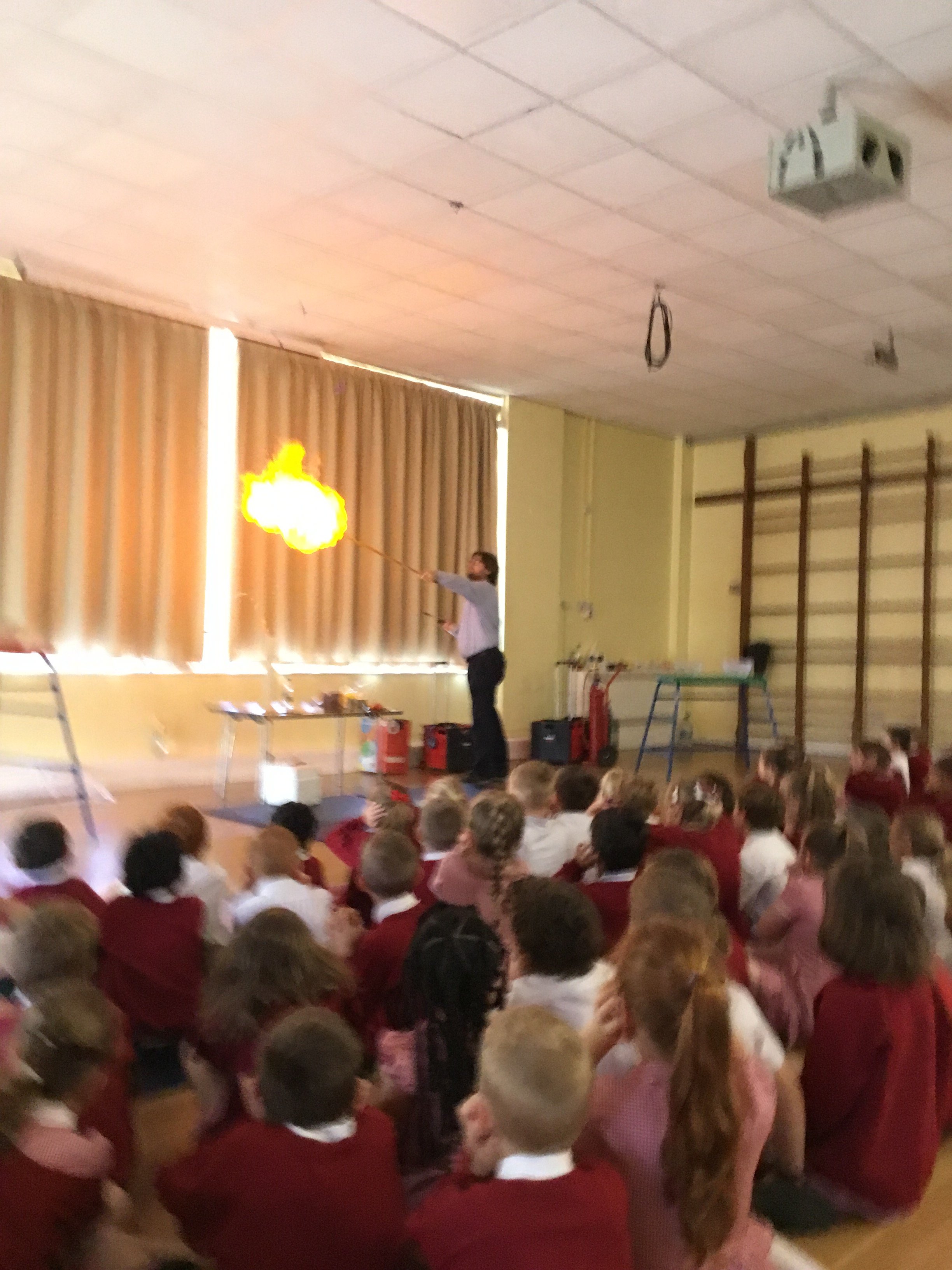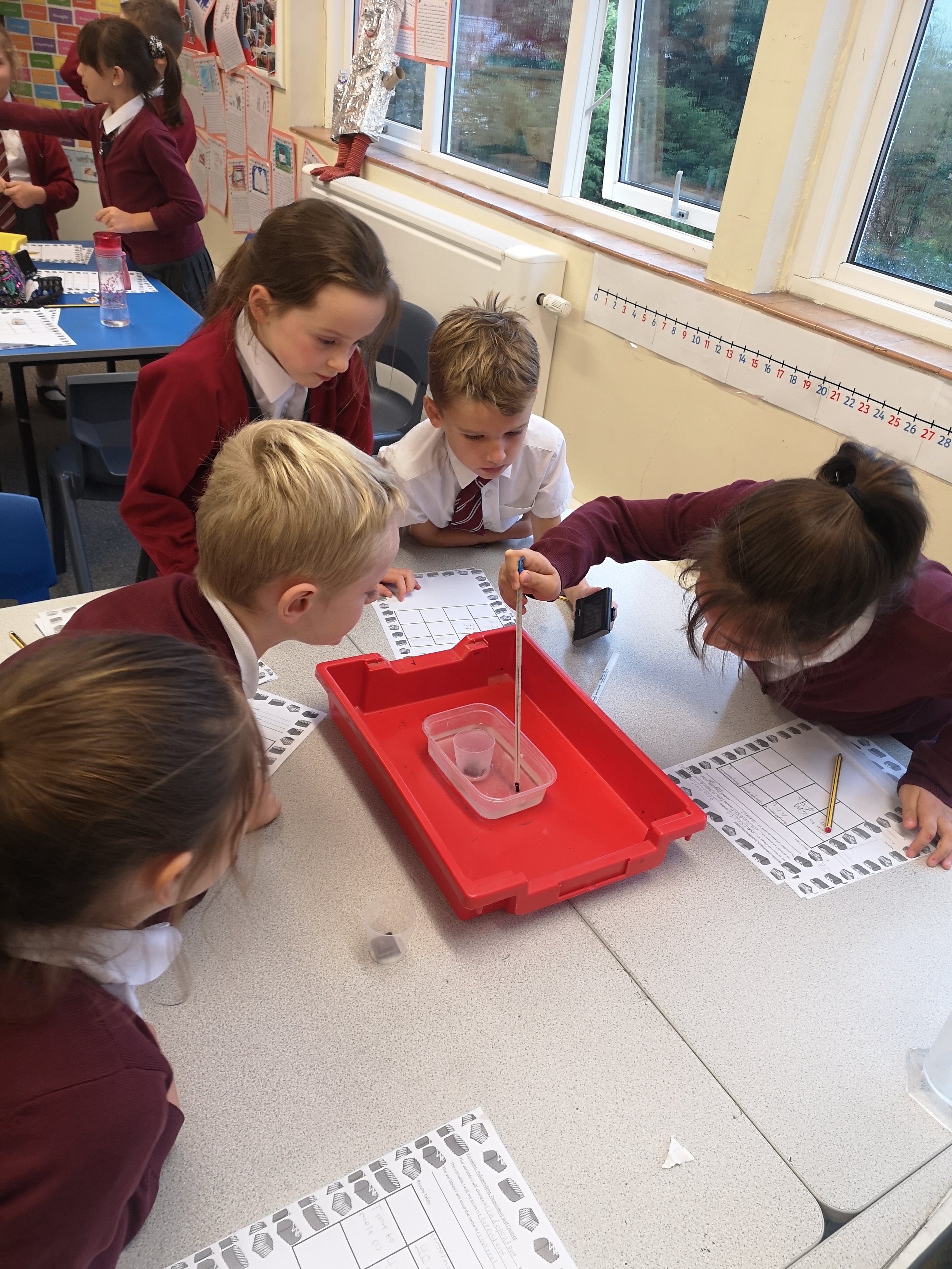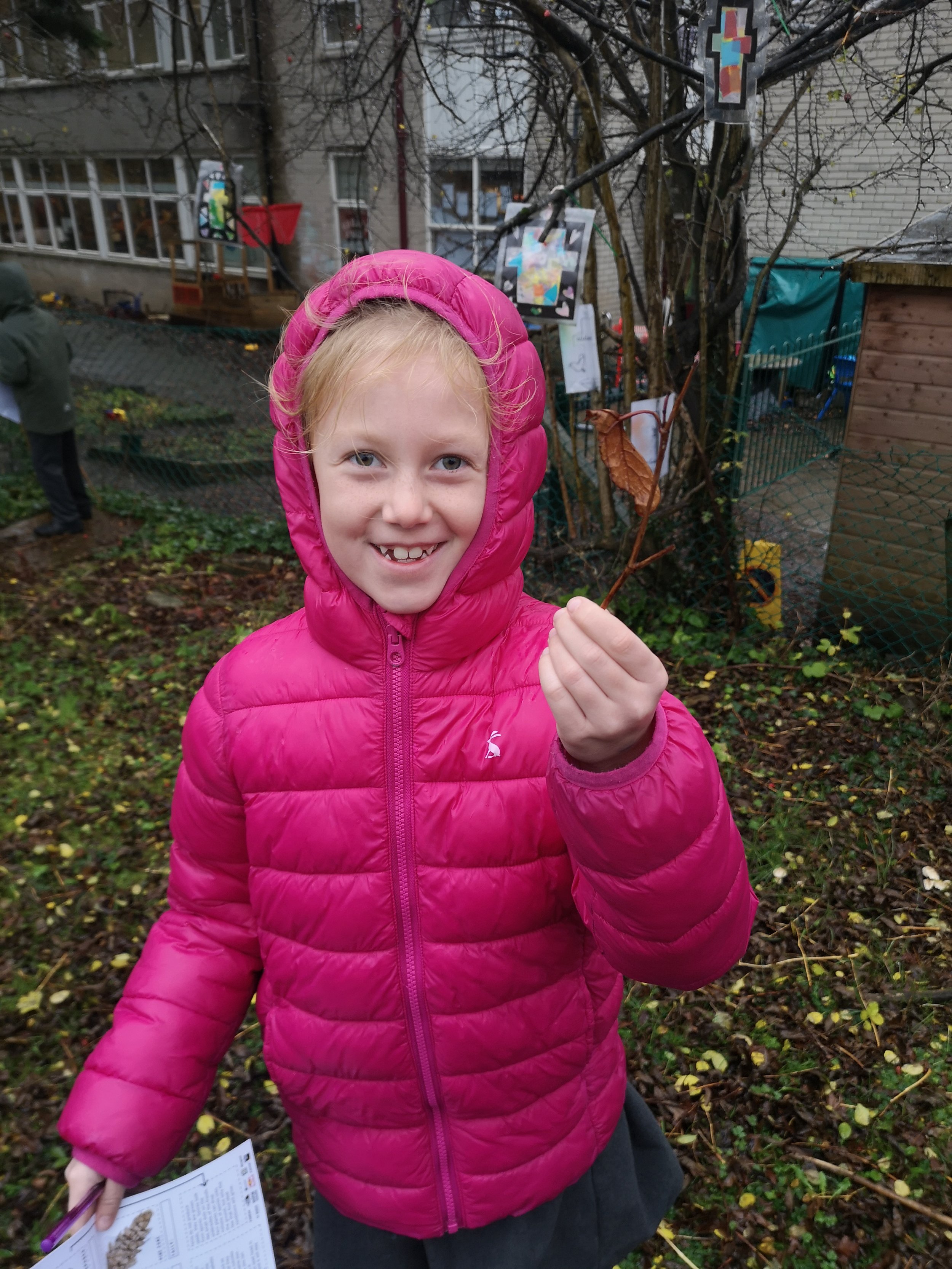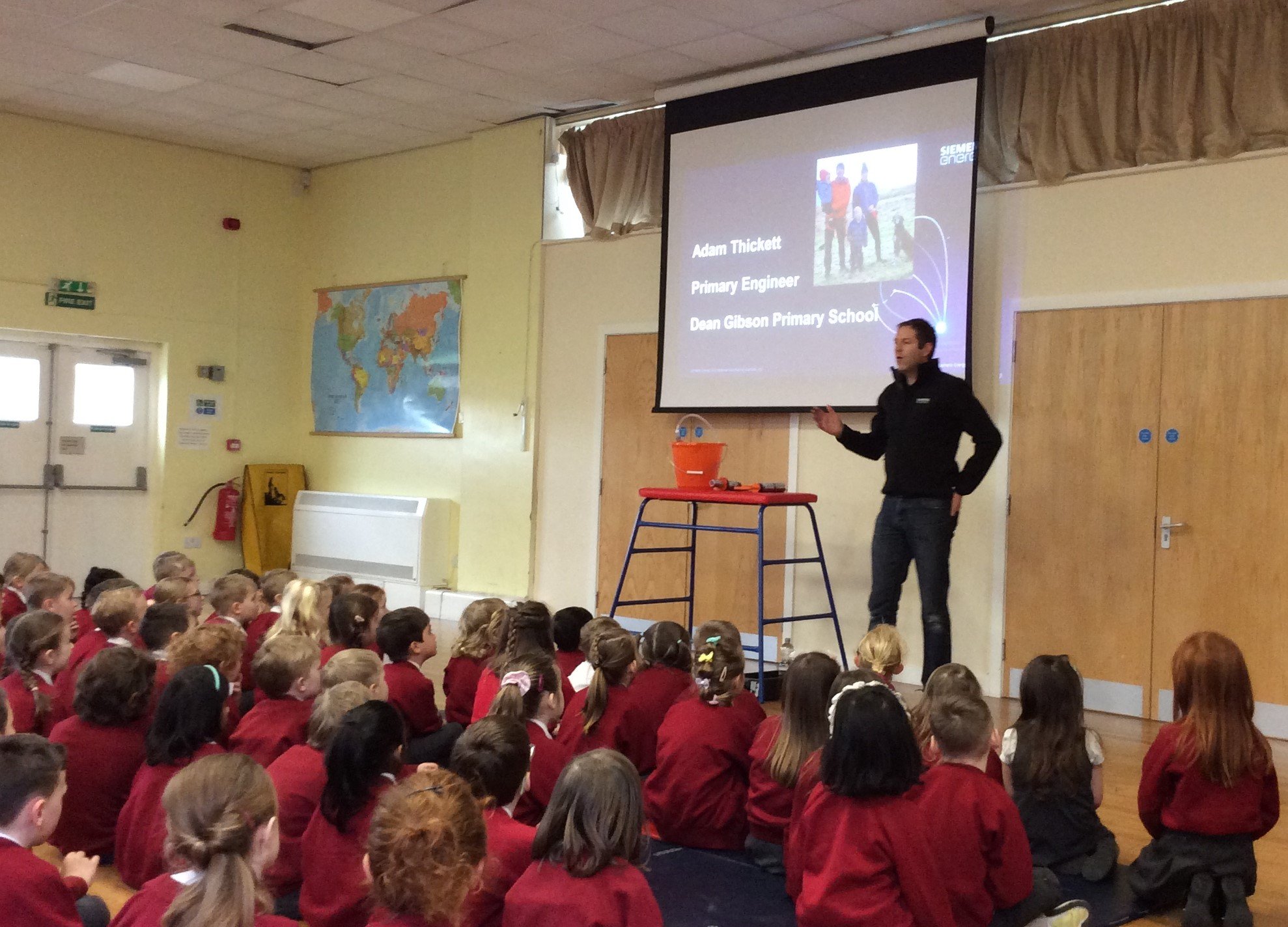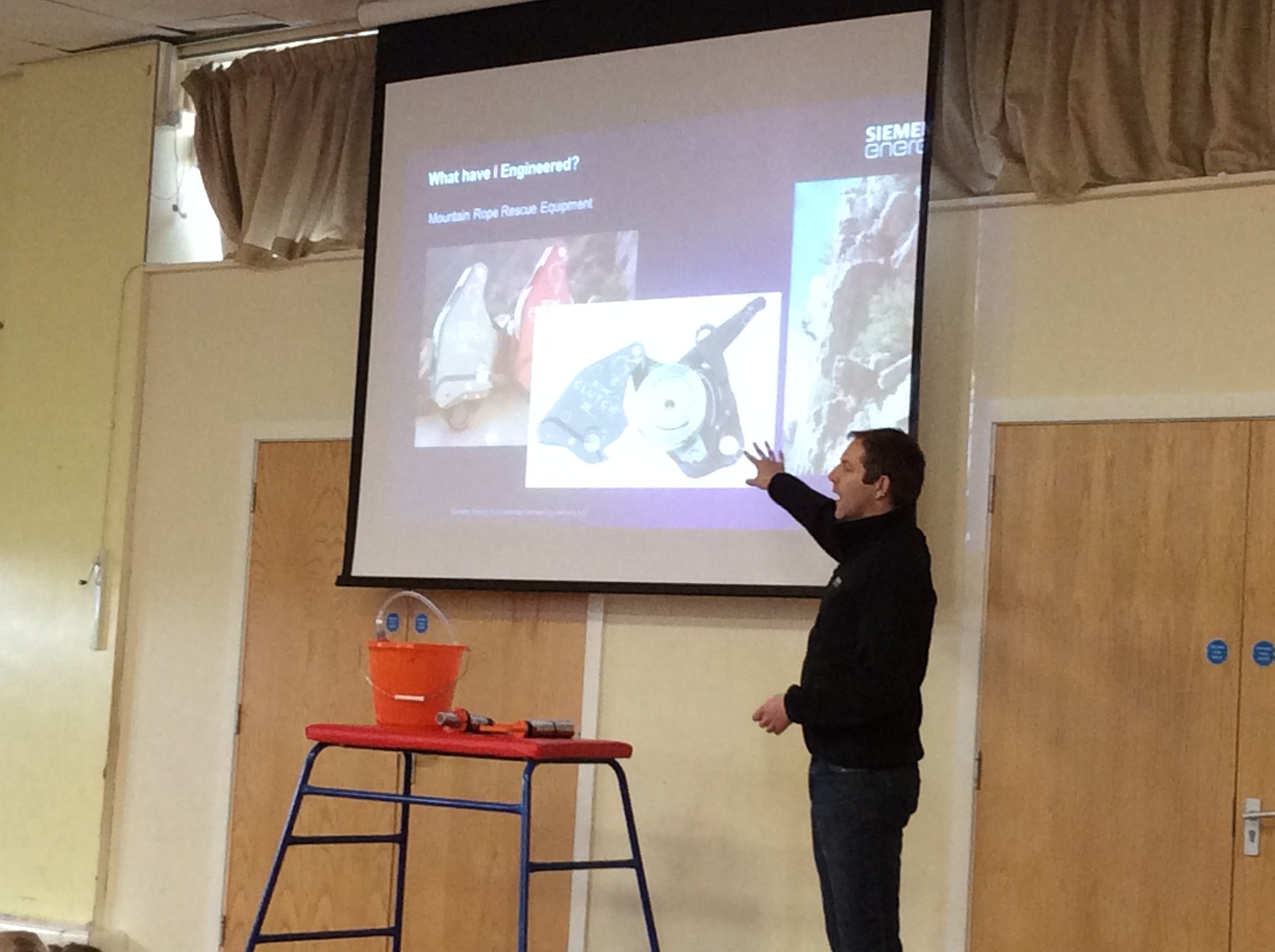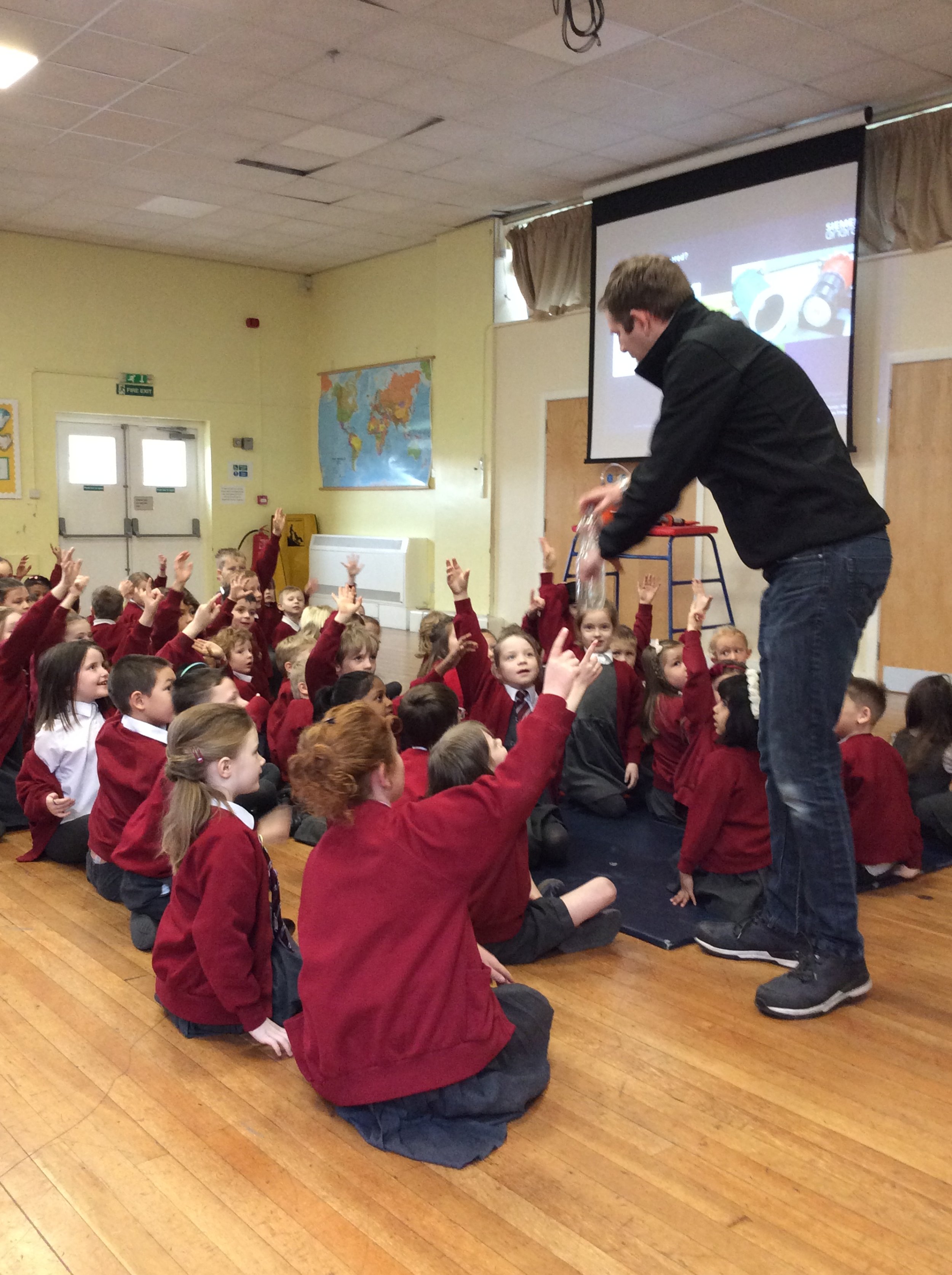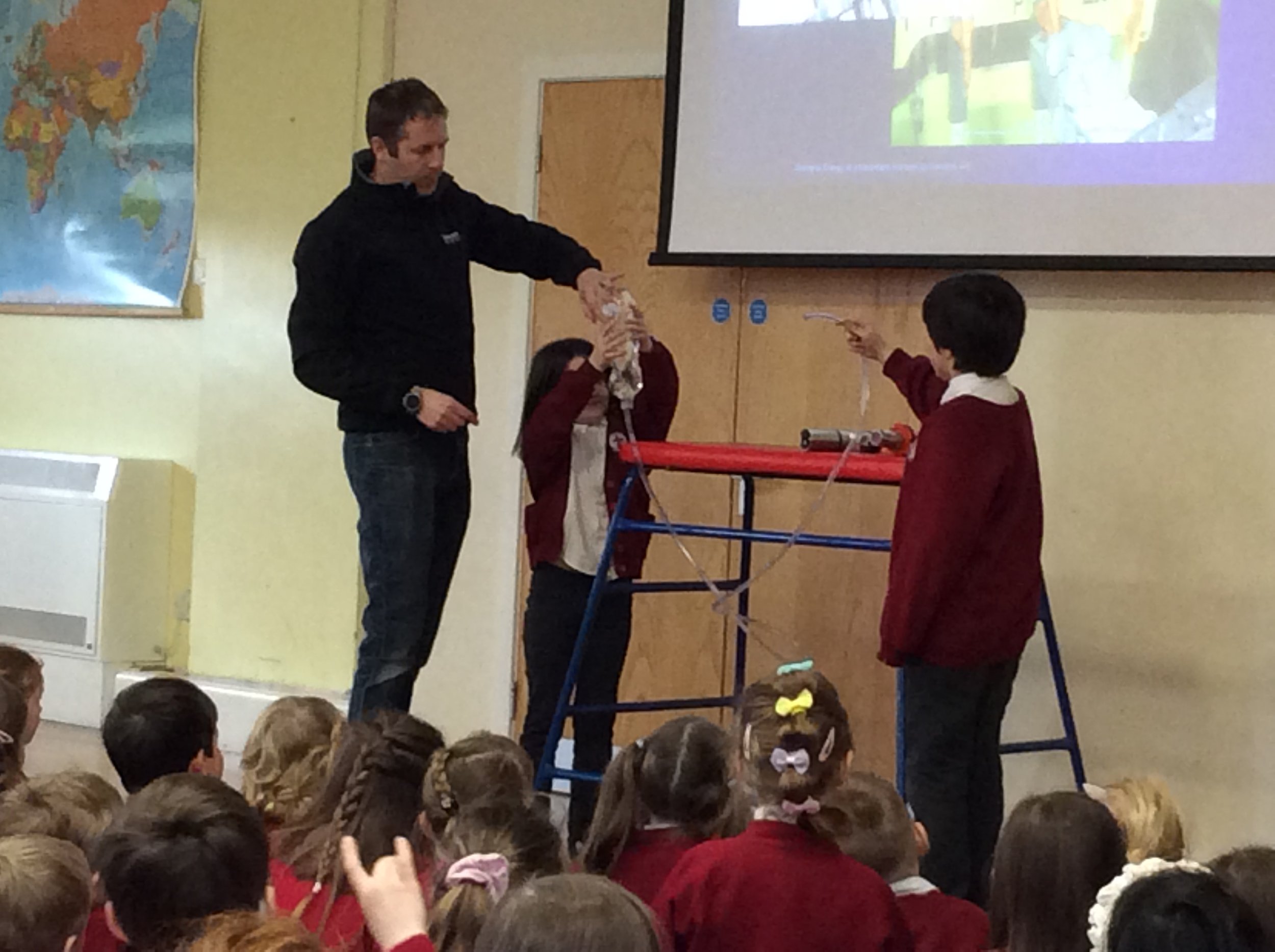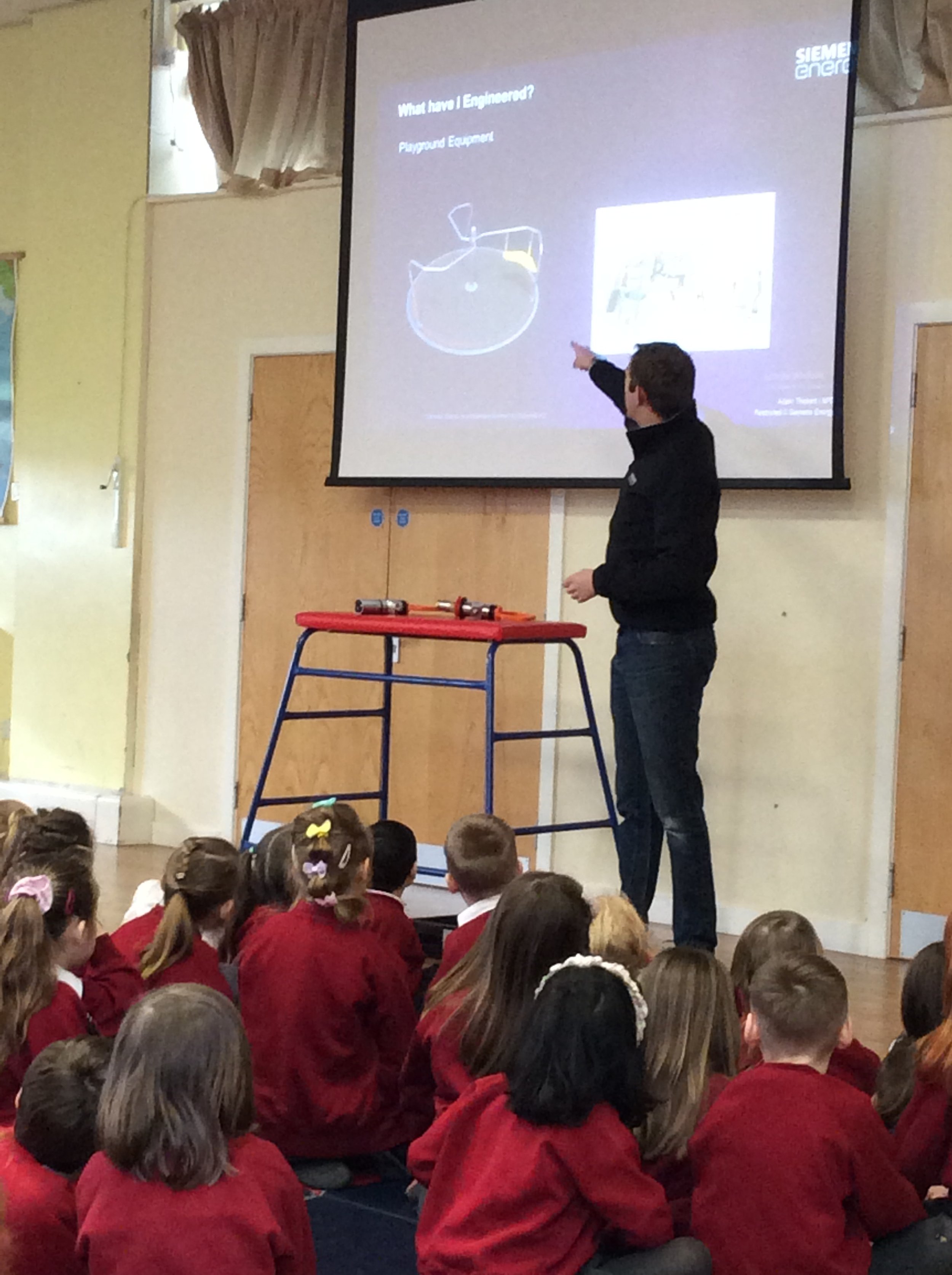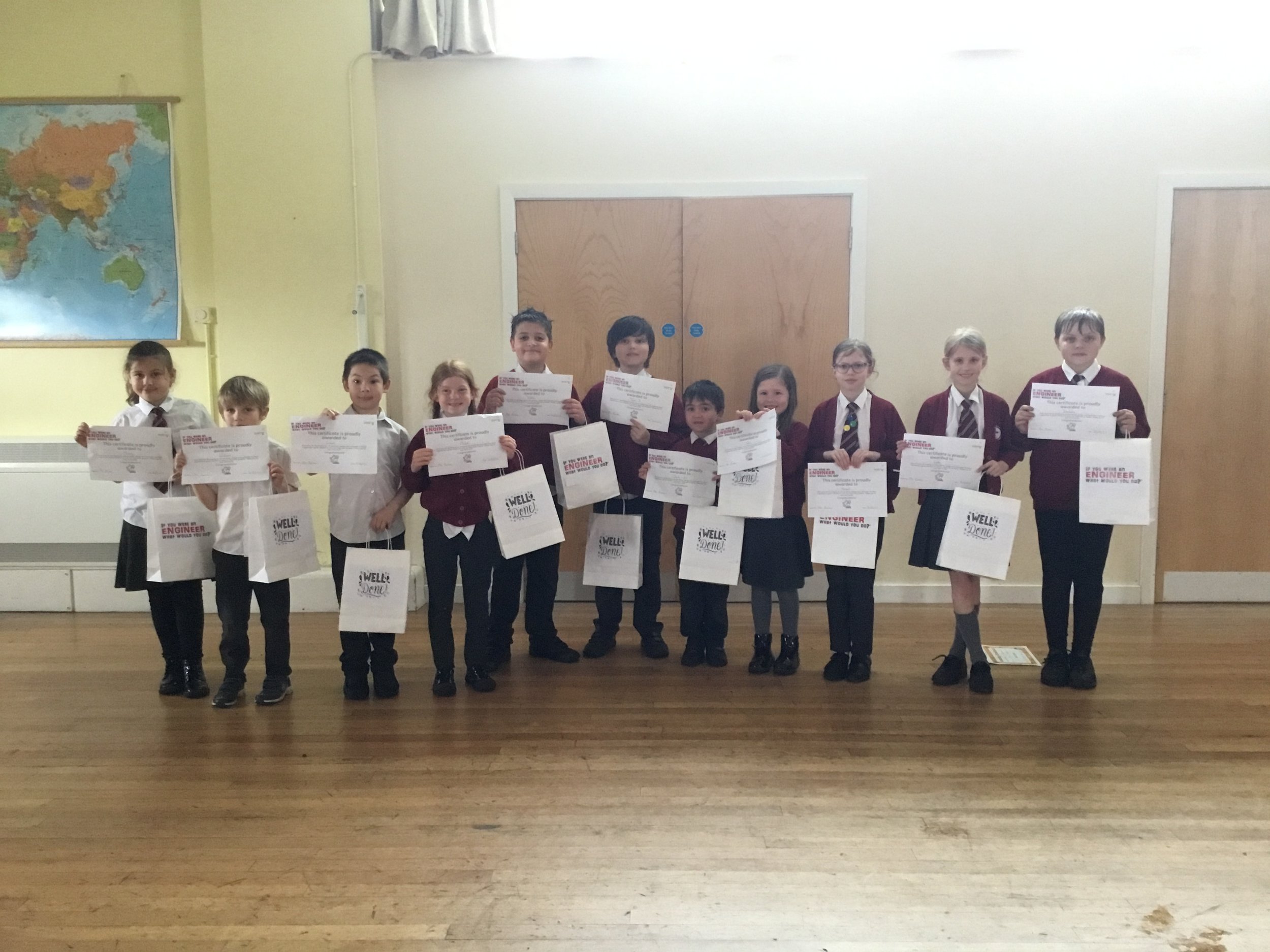Our Intent
To provide each and every one of our naturally curious learners with purposeful, inspiring and enjoyable experiences in Science, that fully engages them in securely and precisely building upon their knowledge and understanding. Science stimulates and excites pupils’ curiosity about phenomena and events that are happening in the world around them. Through science, pupils gain a range of transferable critical thinking skills and discover how major scientific ideas contribute to technological change, and how this can have an impact on our lives.
We encourage children to be resilient learners, always pushing themselves to be the best they can be in the diverse field of Science; understanding the importance of trial and error, suggesting ways to improve their investigations, be flexible thinkers and know that it is ok not to get things right the first time. We recognise the key work Scientists have done, each year learning about the contributions a diverse group of Scientists have made. Through this we are encouraging our children to be ready for the diverse careers not yet invented!
In Dean Gibson Catholic Primary School, pupils are given appropriate learning opportunities so that they develop the skills needed to be active citizens within an increasingly scientific world. We endeavour to make as much use of the outdoors to aid our enjoyment and learning of Science. Science is a powerful and useful tool through which children’s understanding of the world around them is carefully developed, investigating the outdoors is a fundamental step on our learning journey. It is our aim to ensure children develop a caring attitude to the world and themselves; discussing the importance of maintaining God’s world and knowing how to stay healthy and remain so.
Our Learning Journey
United Learning Curriculum:
Through use of the United Learning Curriculum we see our children develop a love of Science. The key principles are outlined below:
Substantive knowledge:
•Ensuring pupils master core content through the development of key concepts and timely revisiting of key knowledge.
•Sequencing the curriculum and selecting knowledge to allow for gradual development of vertical concepts – the ‘big ideas’ in science – to provide firm foundations for KS3 and KS4.
•Preventing common misconceptions that are often formed at an early age and prove problematic at the later stages of pupils’ science education.
•Purposefully teaching appropriate knowledge that goes beyond the KS1 and KS2 national curriculum, to aid current and future understanding, and to smooth the transition to KS3.
•Encouraging pupils to apply and make connections between the disciplines of science, the wider curriculum and the wider world.
Disciplinary knowledge:
•Sequencing Working Scientifically elements so that they are explicitly taught and practised alongside the substantive knowledge, and regularly reviewed and built upon across the years and key stages.
•Making deliberate and explicit links to other curriculum areas – particularly geography and mathematics – to ensure there is a consistent approach to teaching content, and that pupils are always first taught content in the most relevant subject. For example, pupils are taught how to construct bar charts or calculate the mean in mathematics before they are applied in science.
•Planning practical tasks that have a clear purpose: to demonstrate or prove substantive concepts, or to allow pupils to deliberately practice working scientifically skills in a relevant context.
Our Children say…
“I quite like doing experiments because you can find out new things everyday,” said Hannah.
Our Children Say…
“Science is fun because when you do experiments you get the satisfaction of watching things change and find reasons why they do,” said Cora.
Our Children Say…
“I think Science is actually brilliant because you learn loads of new experiments and you get the be adventurous with new things. I always think it is really interesting learning new things like how much sugar can give you a rush.” said Jacob.
Our Children Say…
“Science is interesting because we can work together and solve mysteries.” said Stanley.
British Science Week
Every year, we celebrate British Science week, we take part in different activities and pay homage to important scientists from our history. Recognising the important work they did and how our world has changed with all the amazing scientific discoveries. We have welcomed scientists and experts in their field; taking part in different investigations linking to the theme of the year.
Scientific Educational Visits
As a school we offer a wide range of educational visits that all of the children enjoy very much. Over the years, different classes have been able to visit places such as: Manchester Museum of Science and Industry, South Lakes Safari Zoo, Westmorland County Show Ground, A Local Farm and so much more… It is a great opportunity for our pupils to learn about Science in the wider community and have hands-on experiences in areas beyond the classroom.
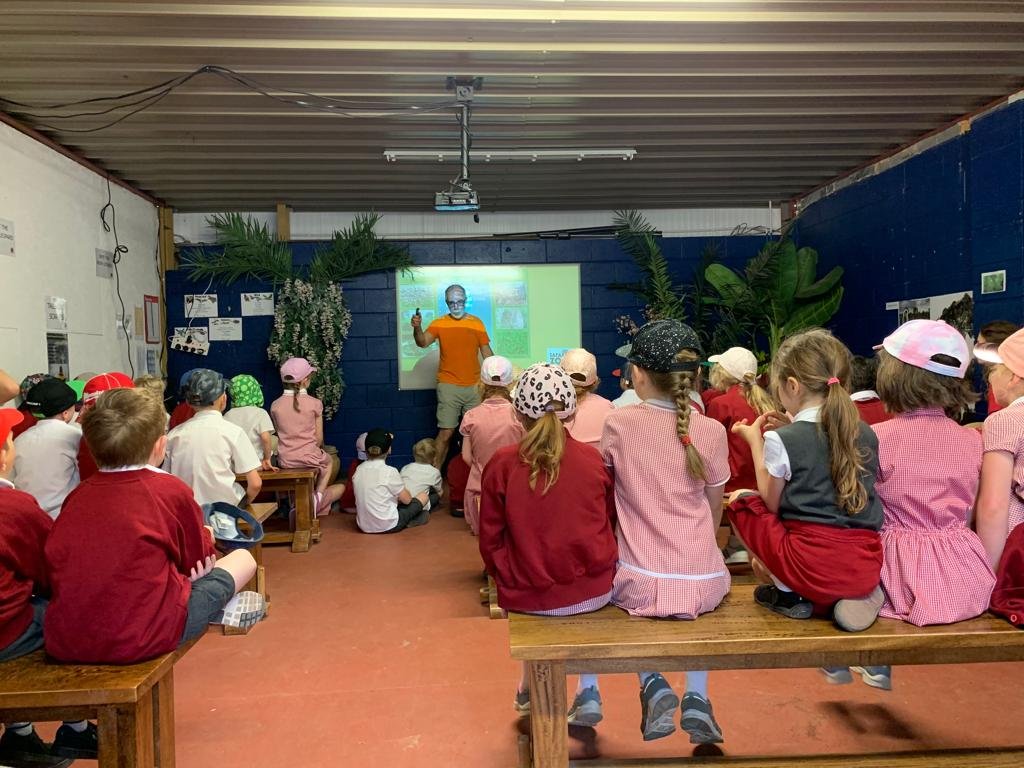
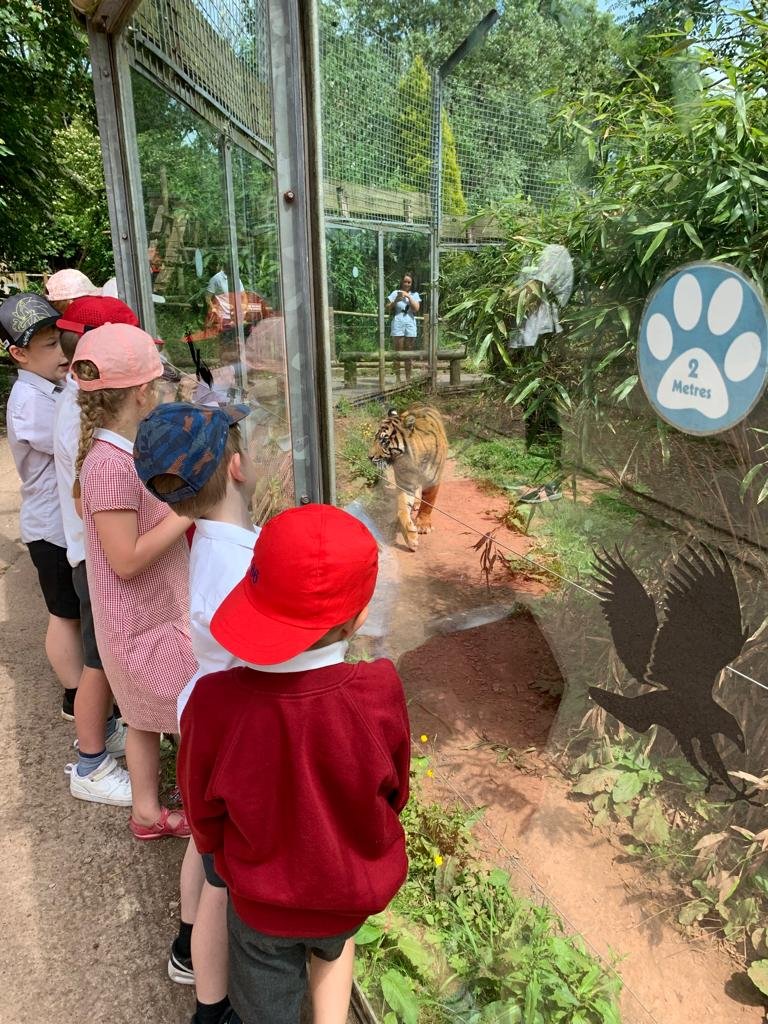
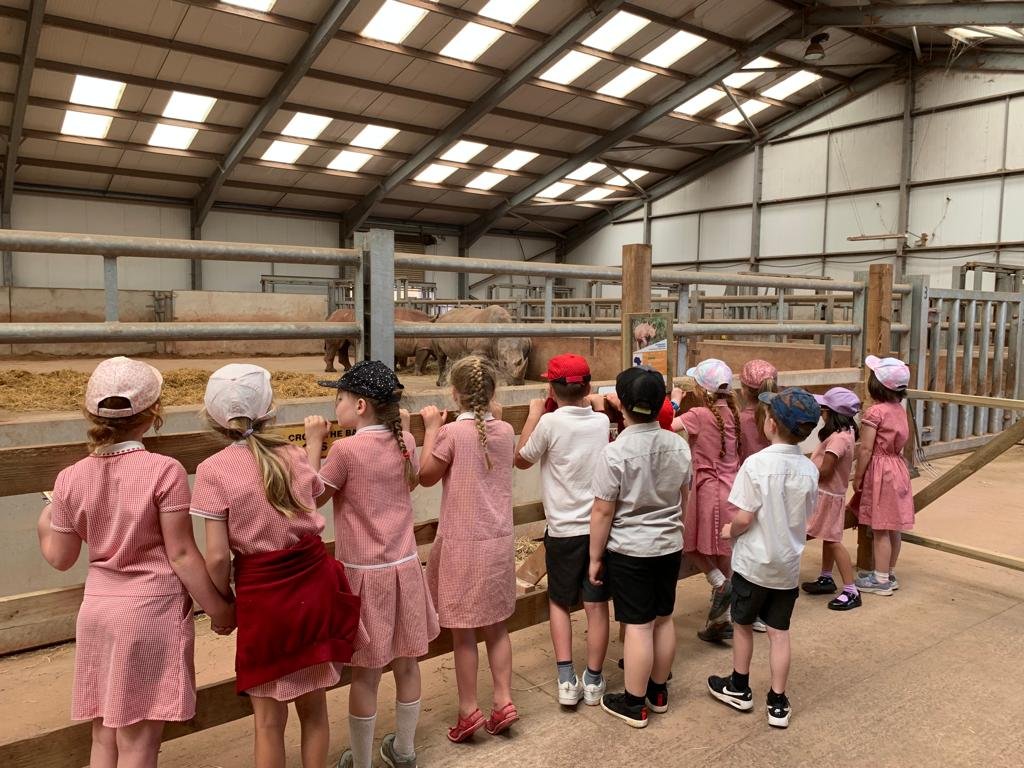
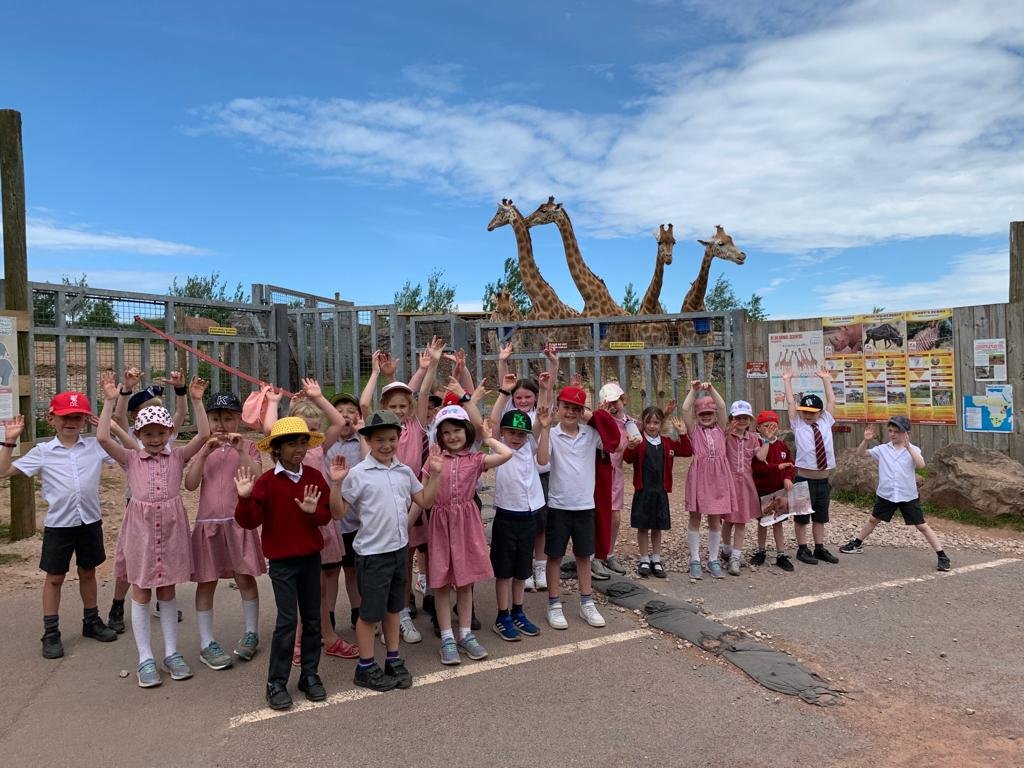
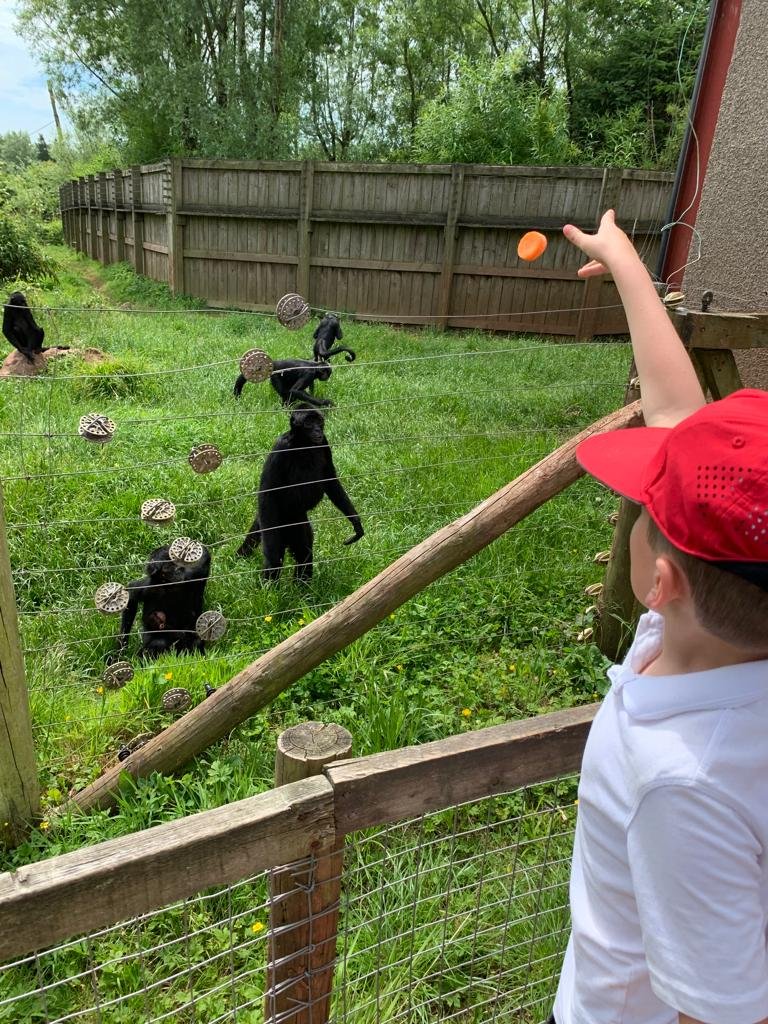
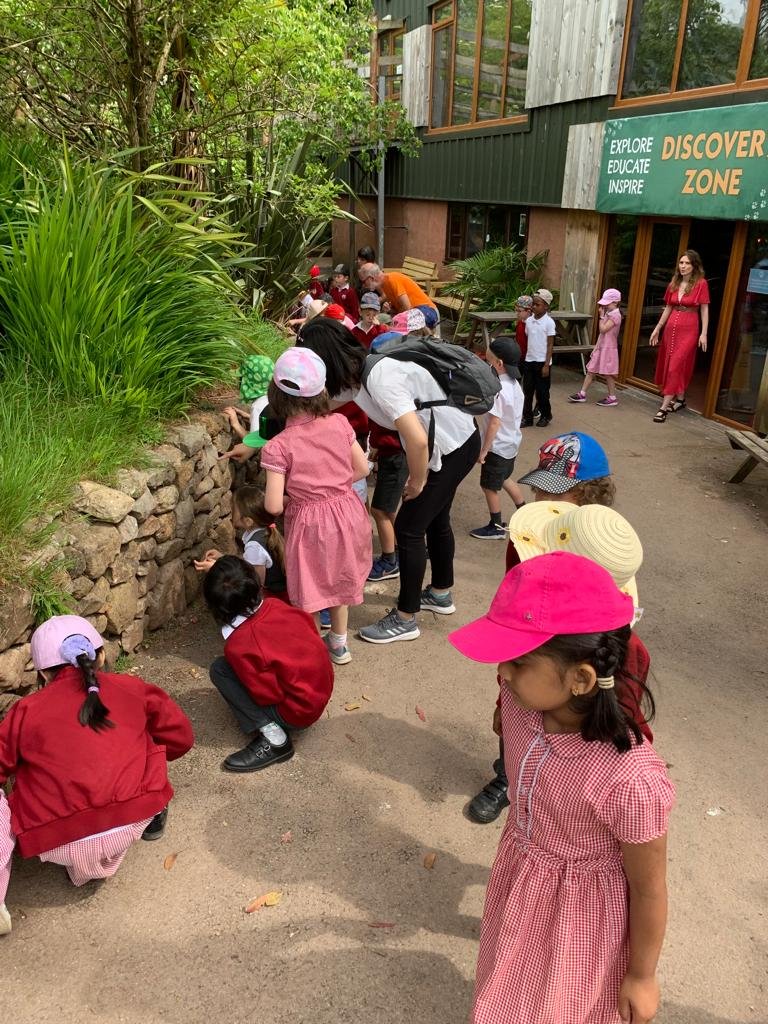
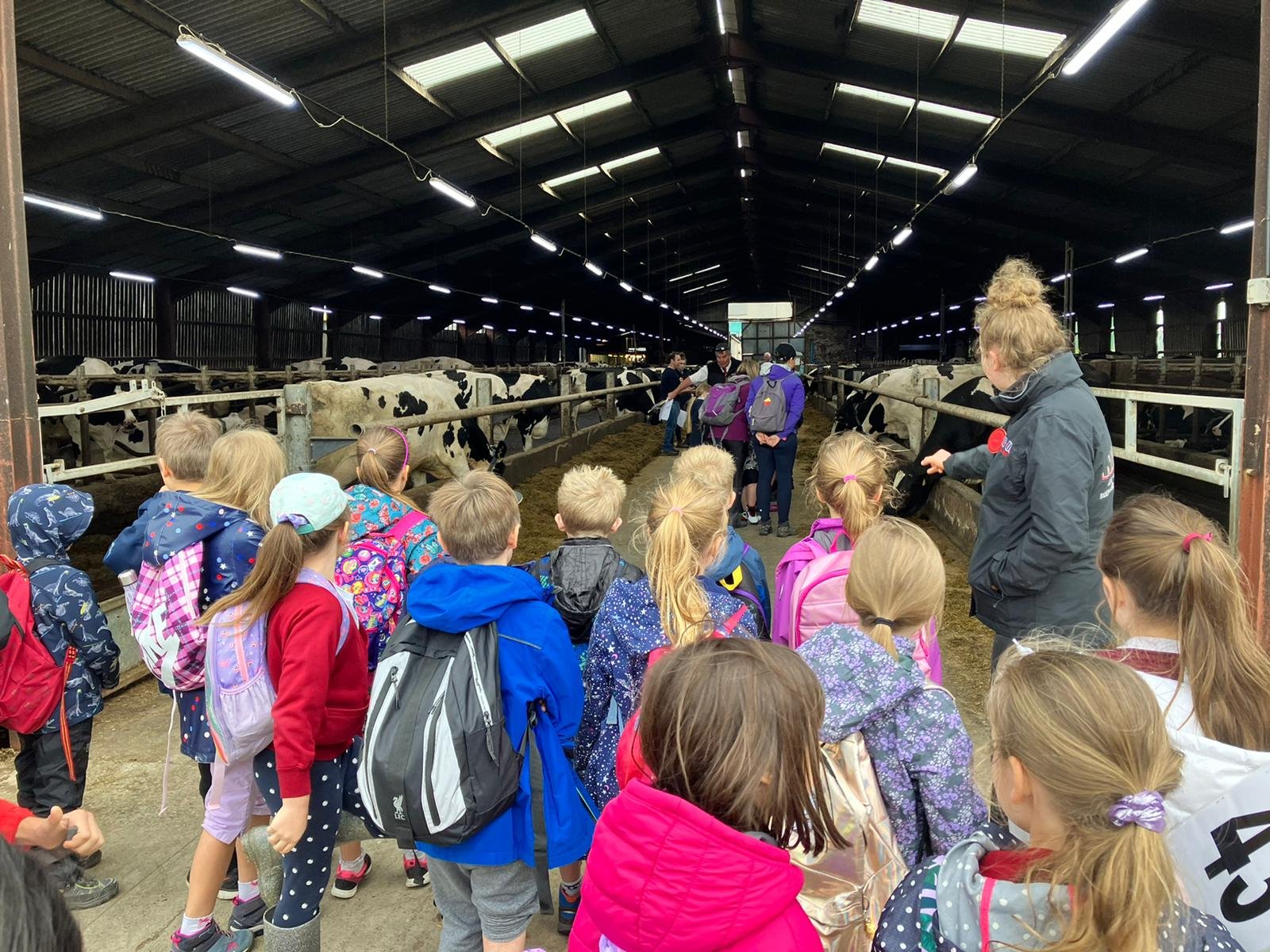
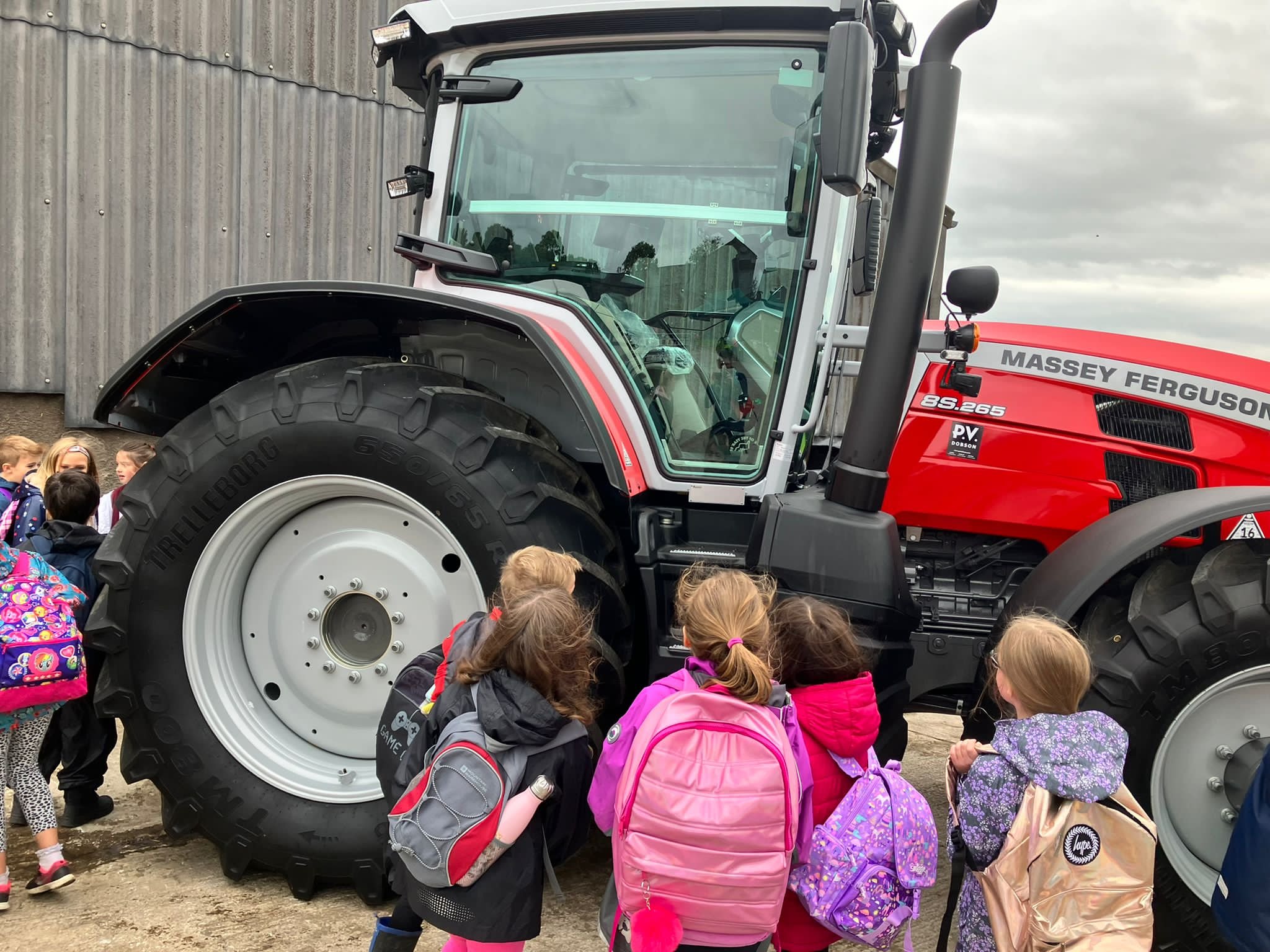
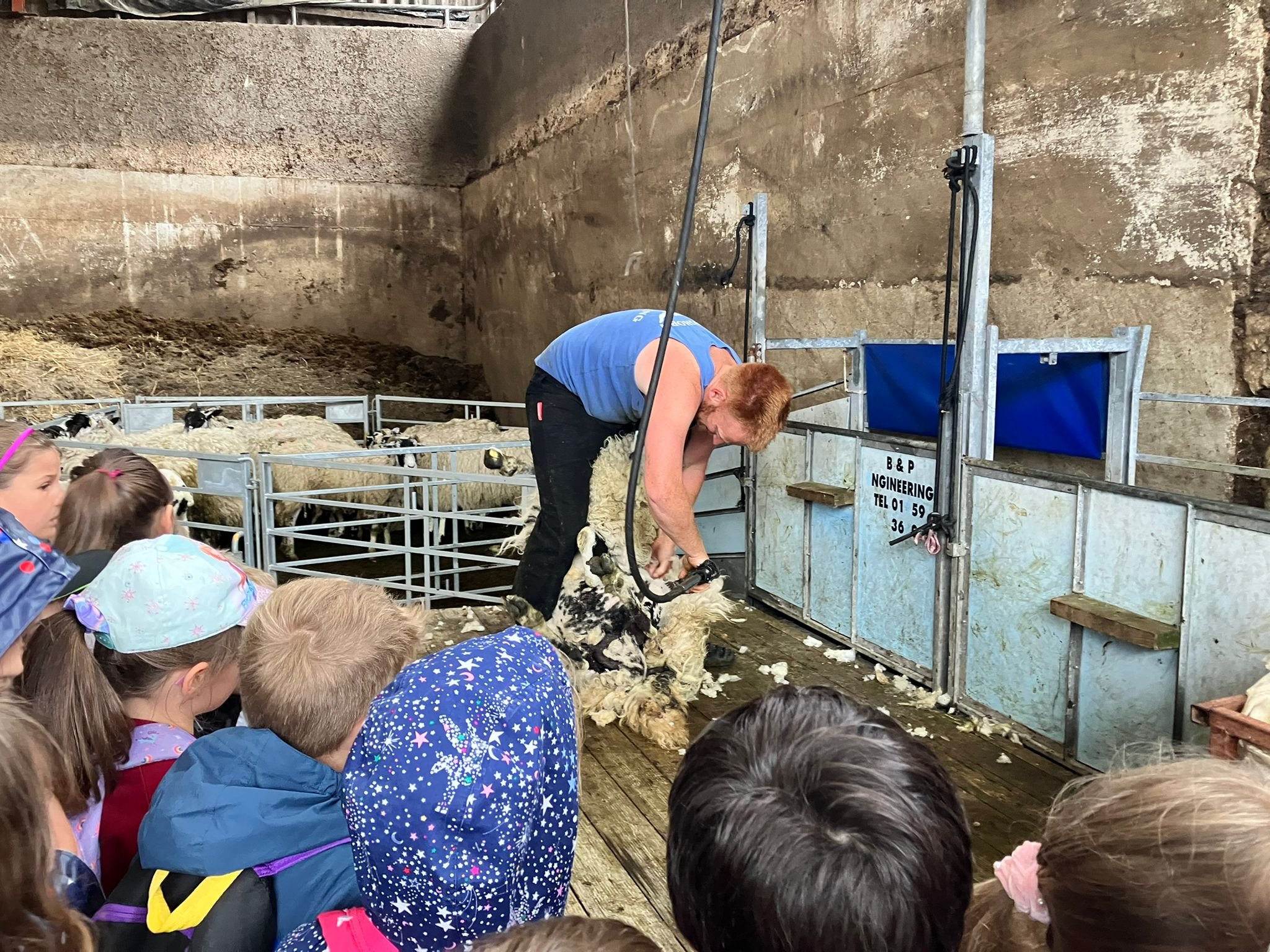
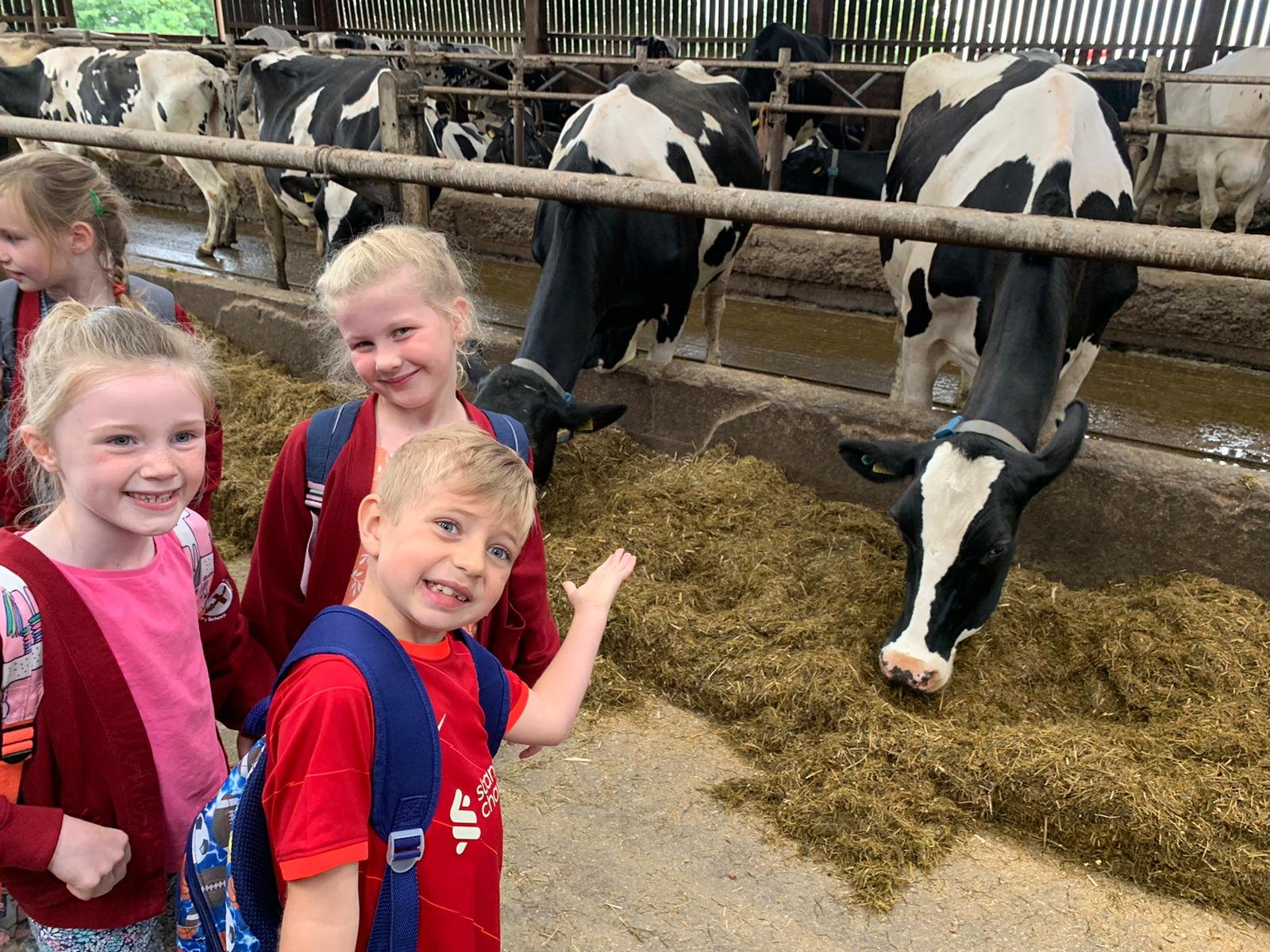
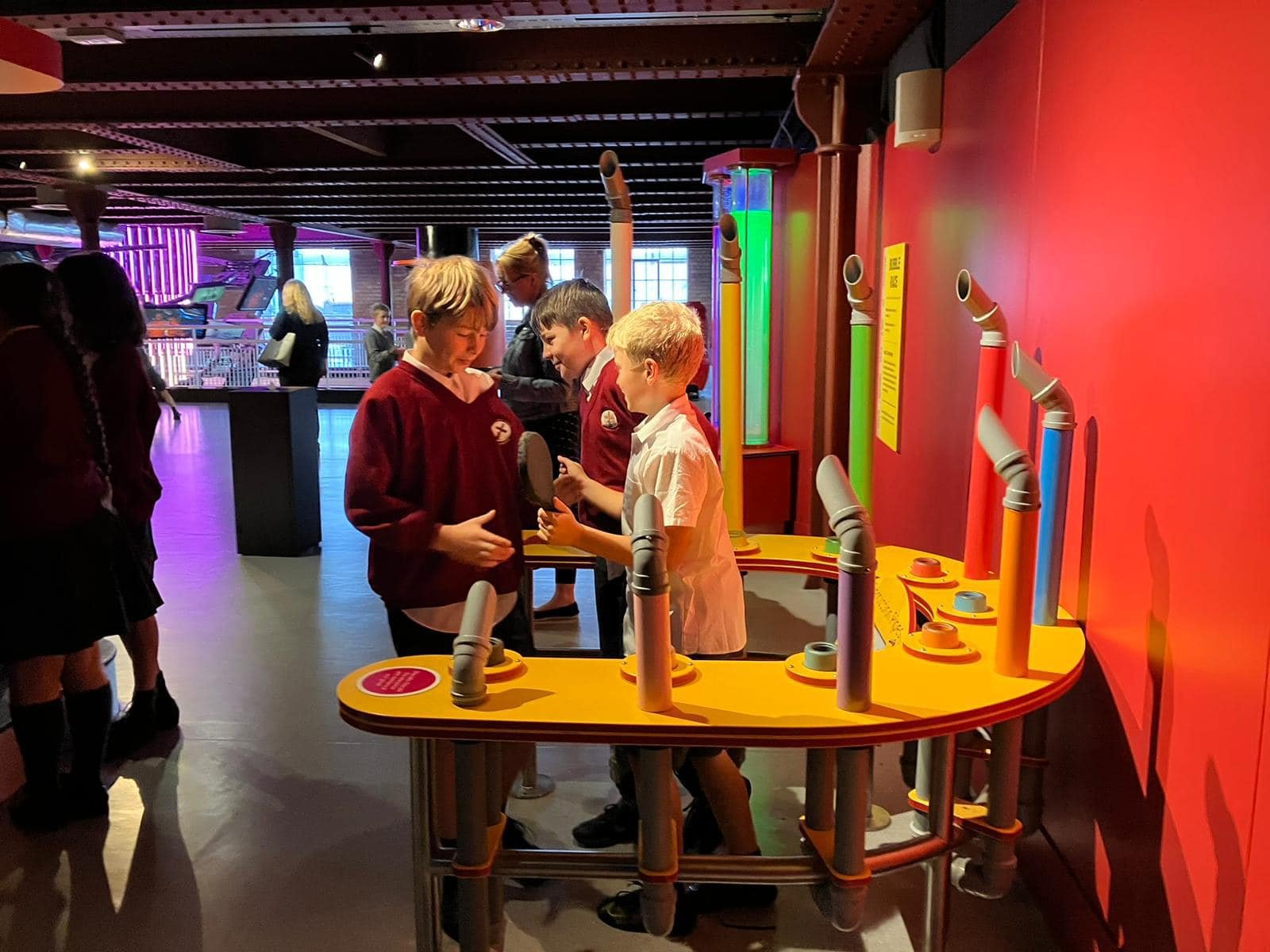
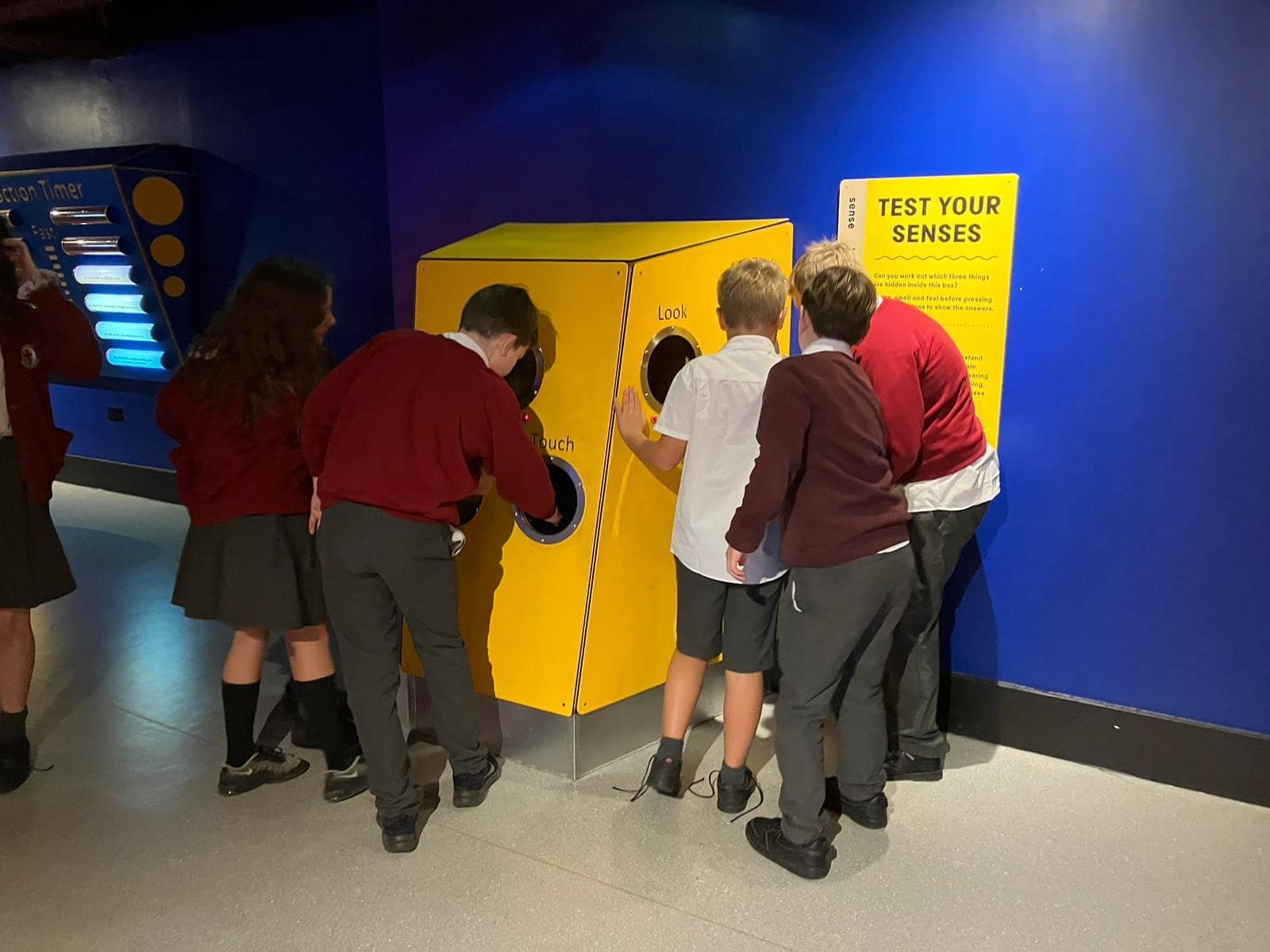
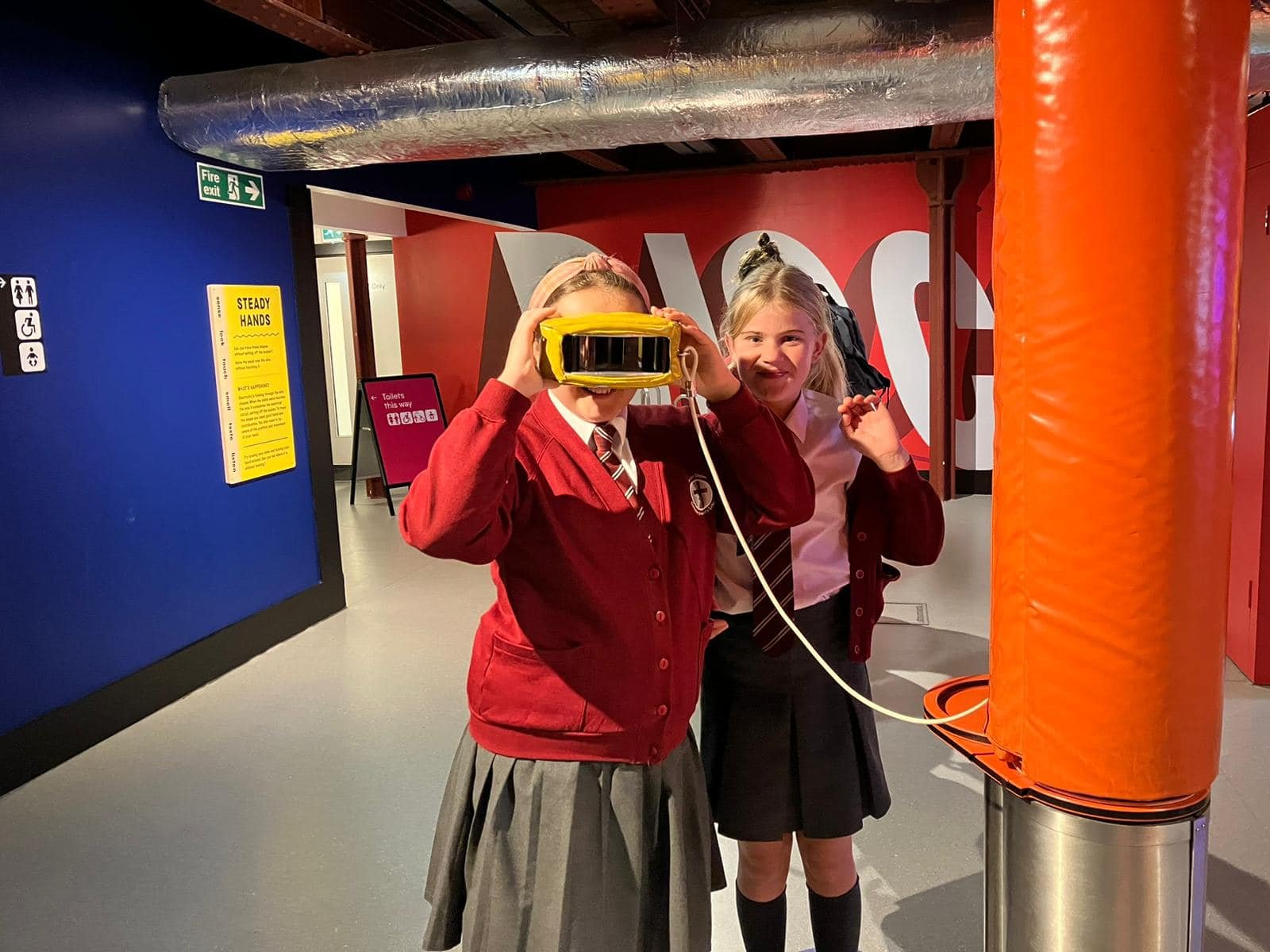
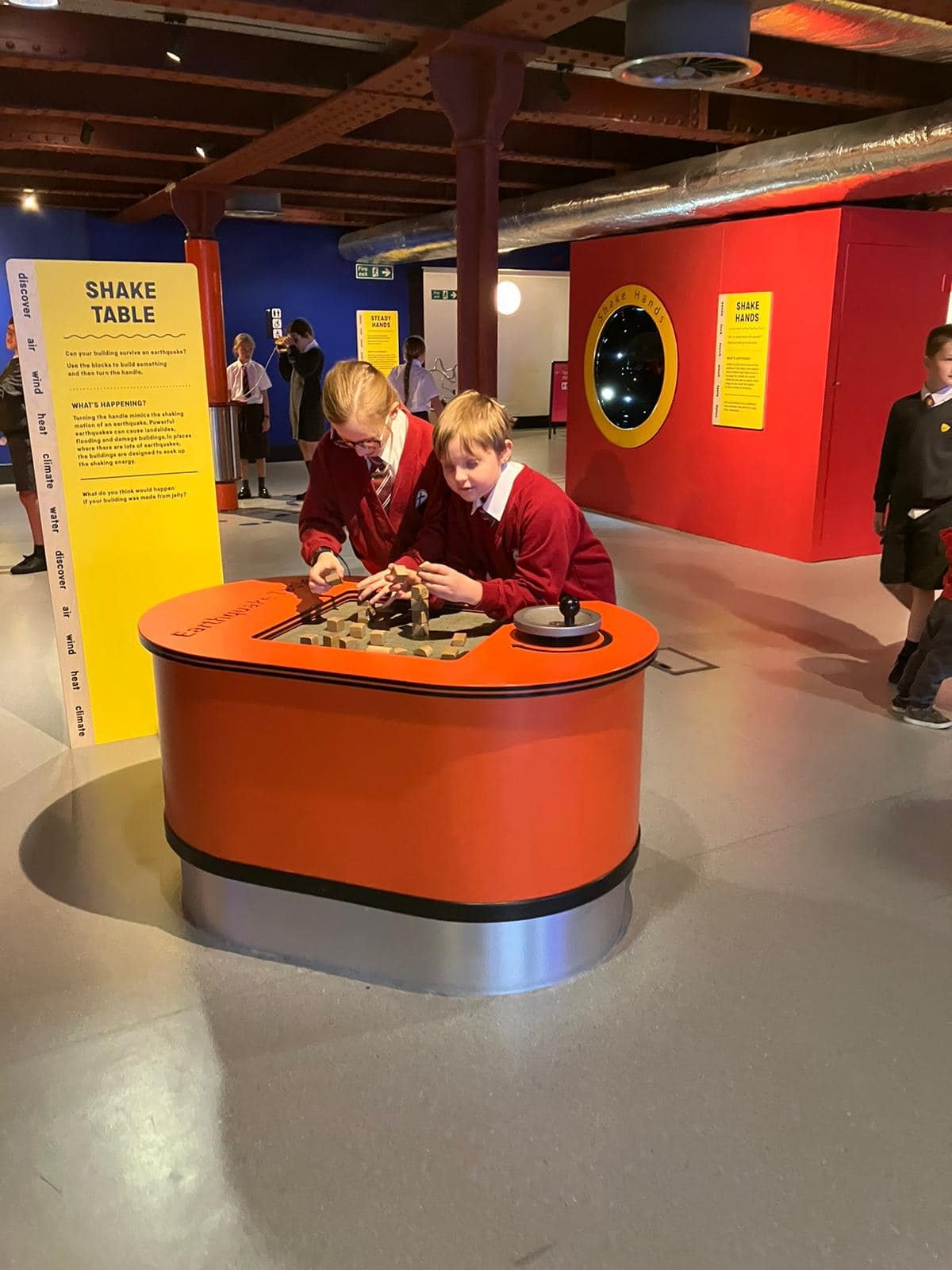
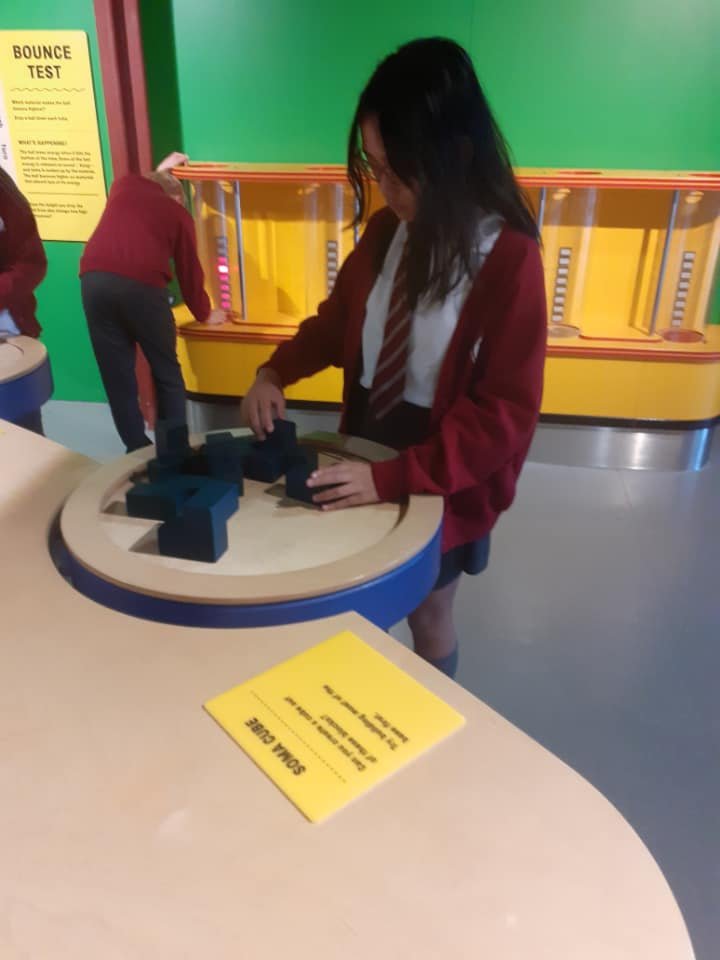
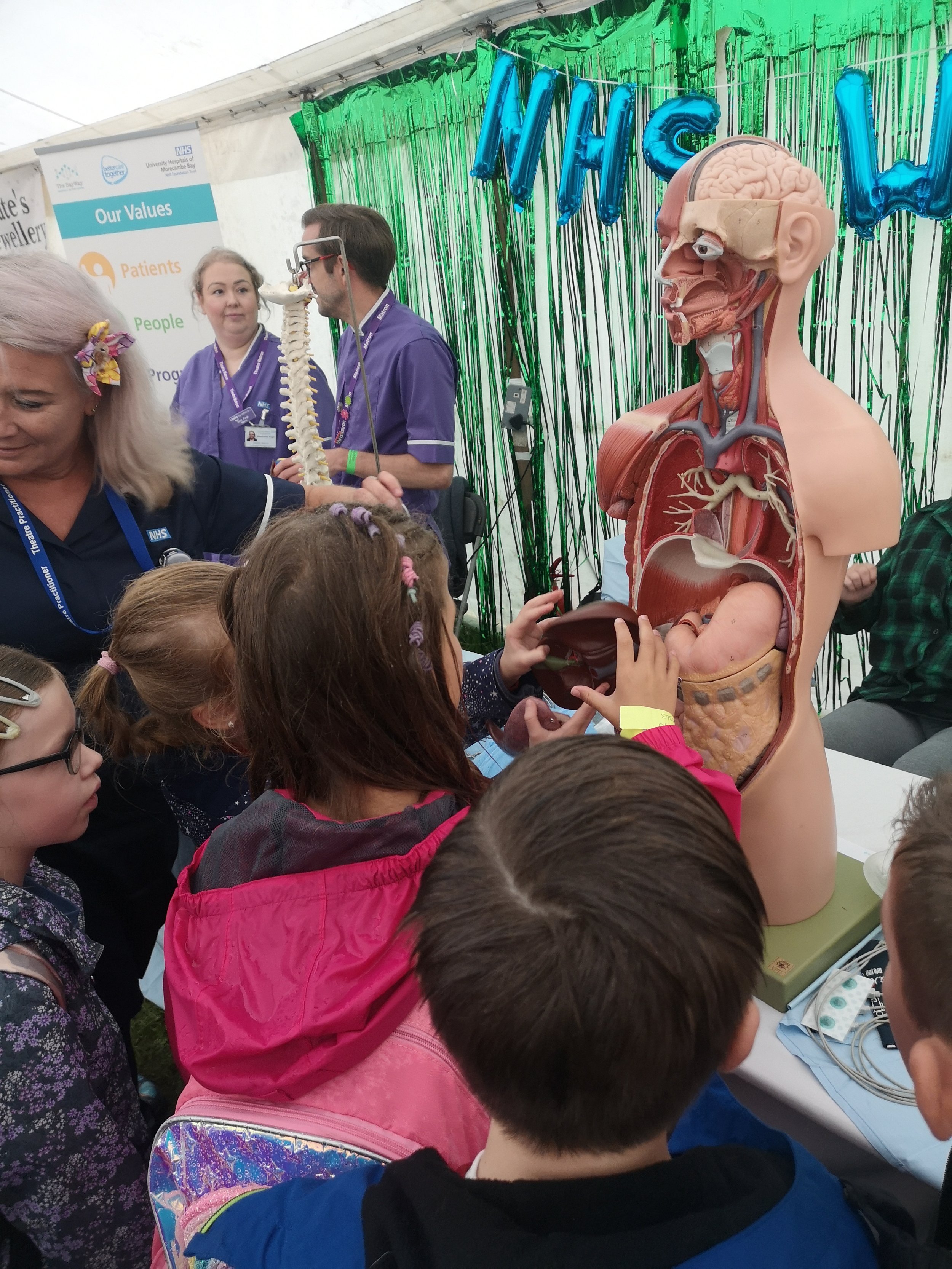
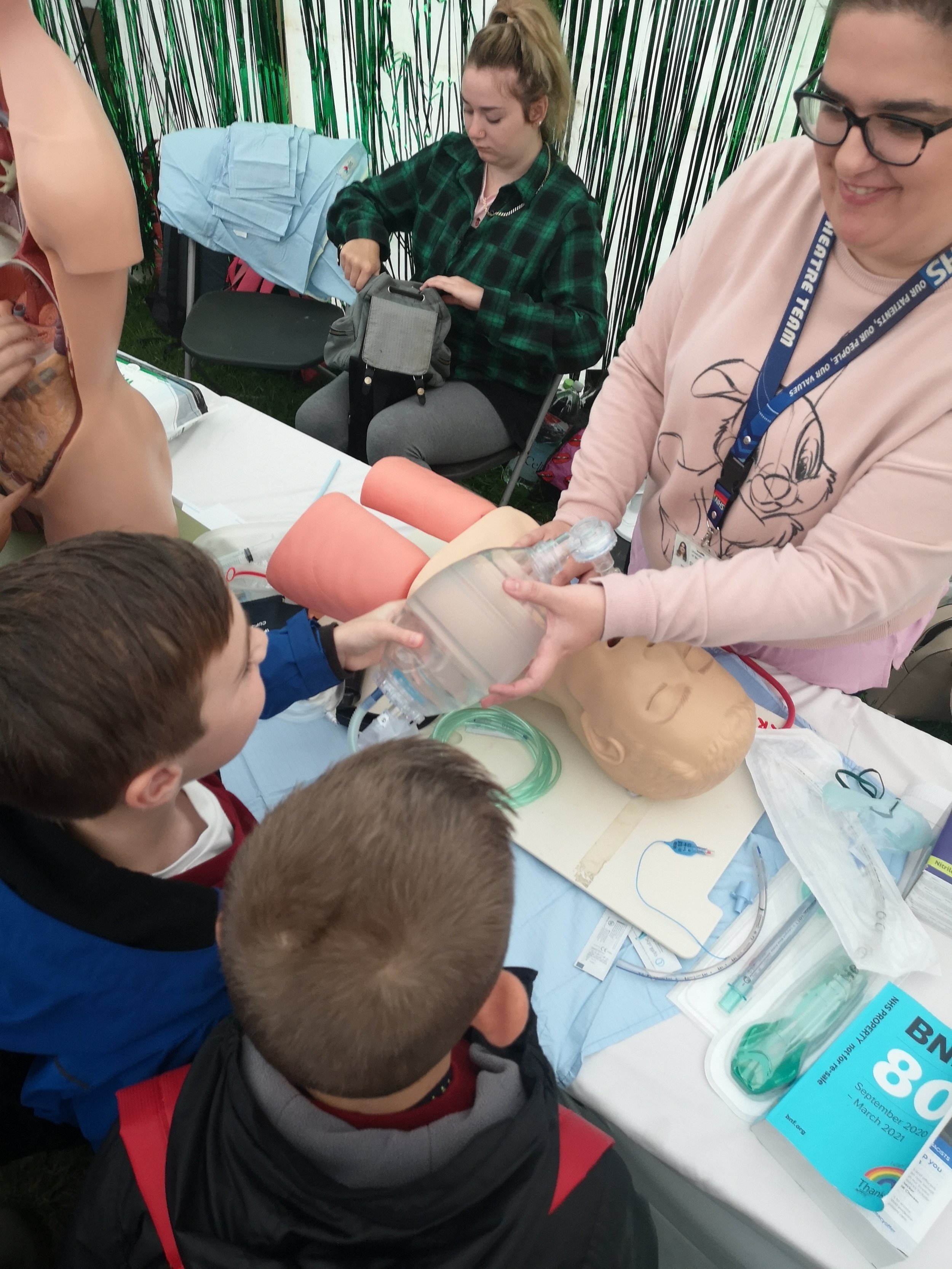
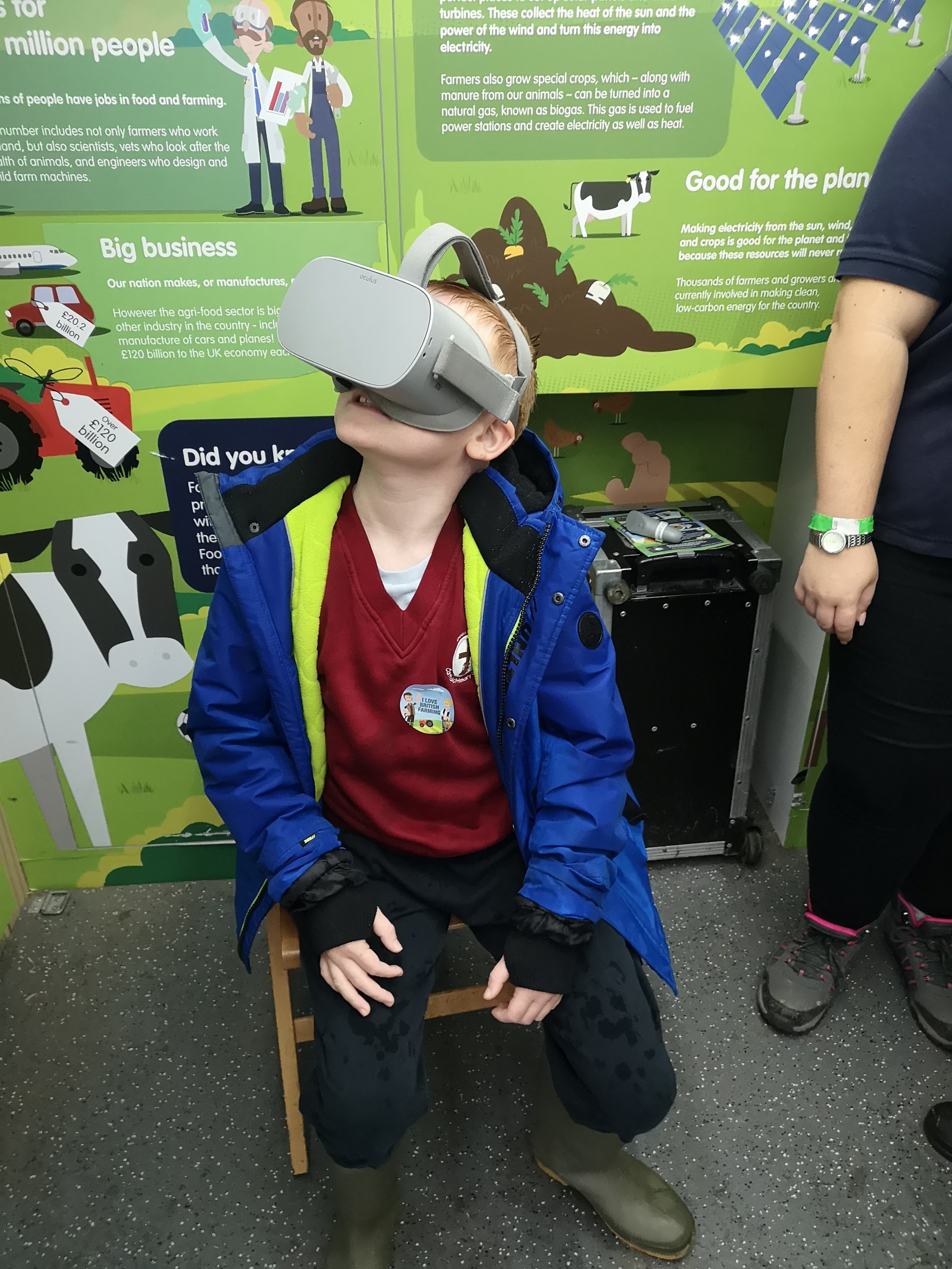
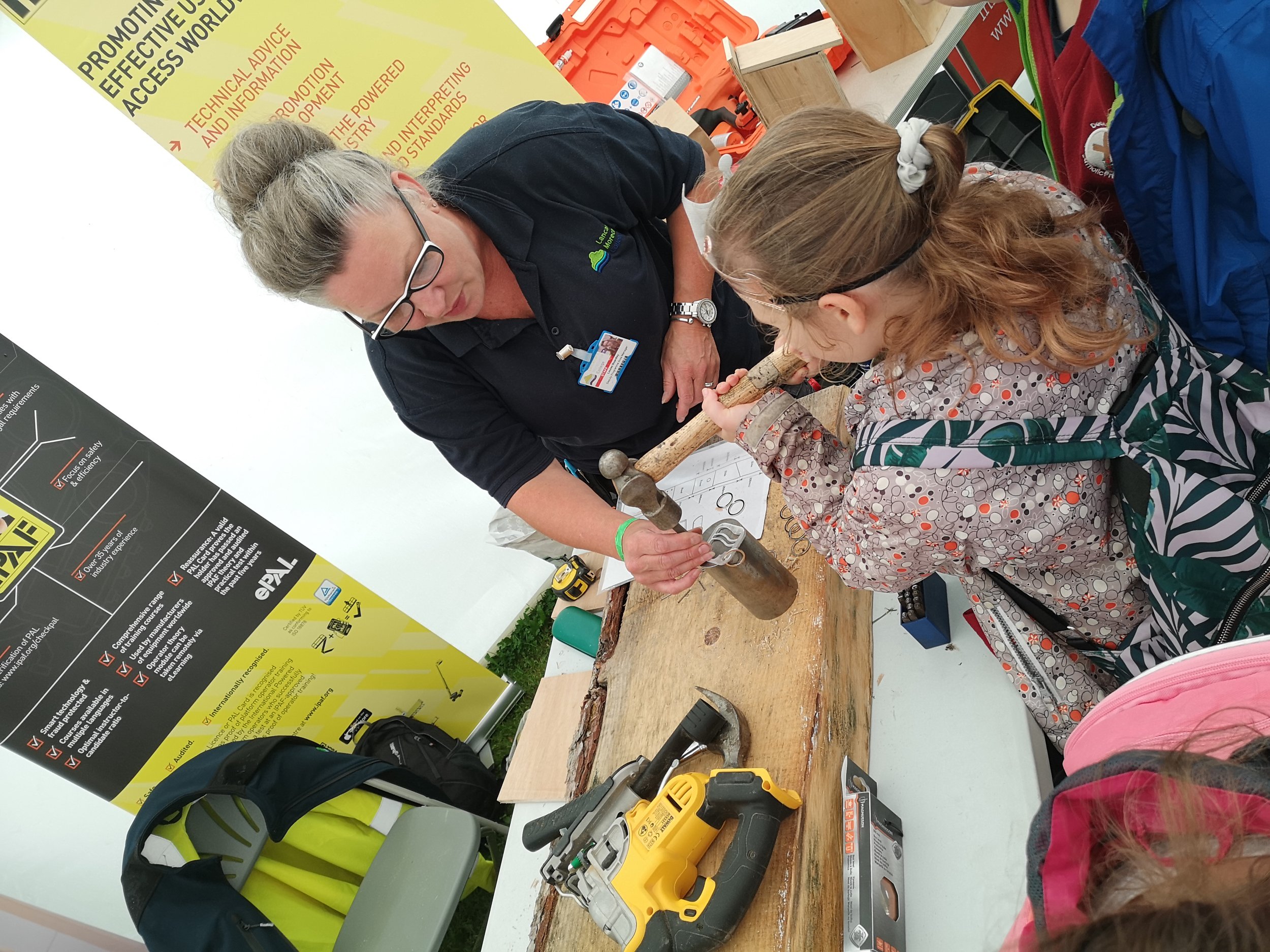
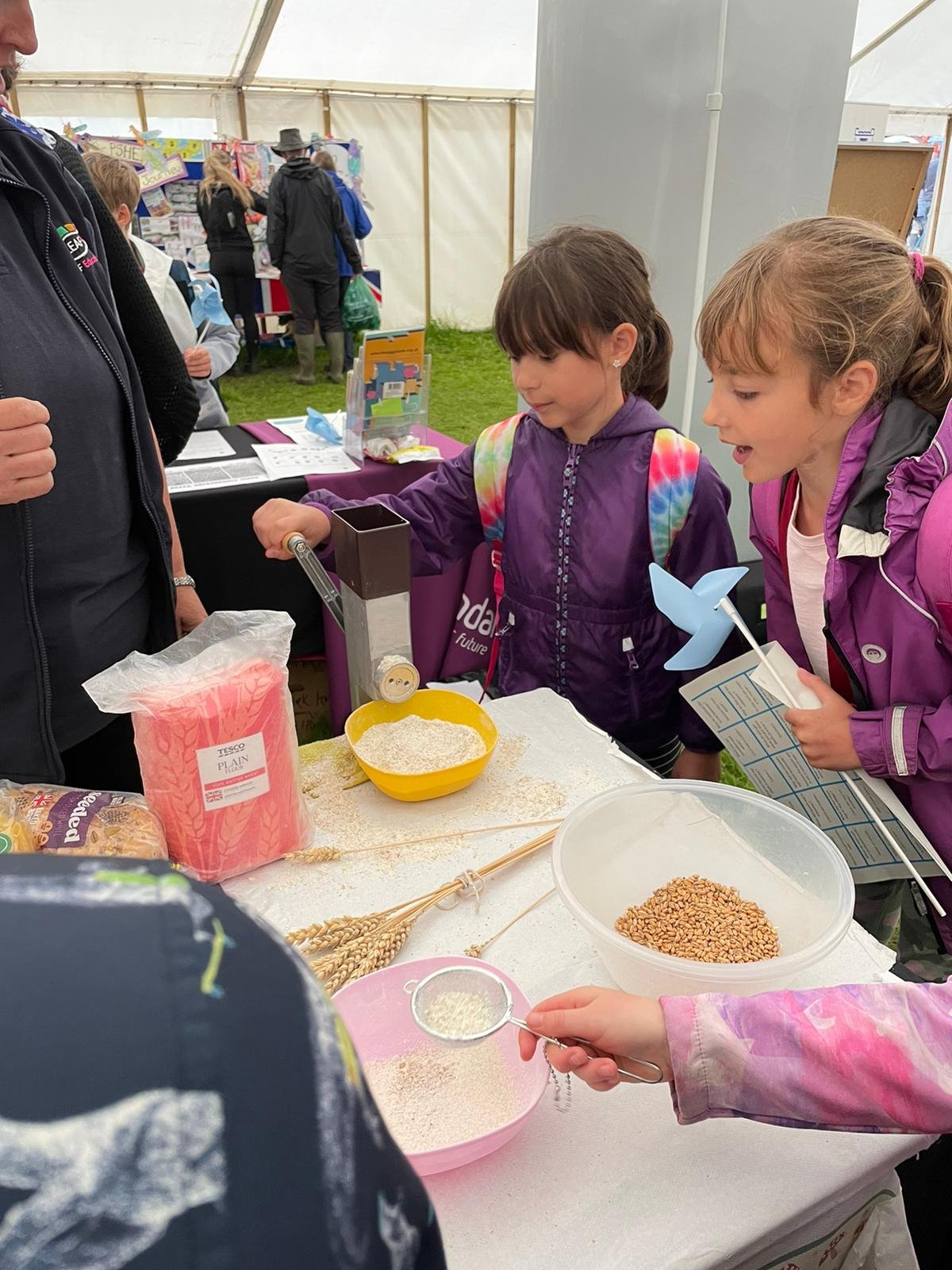
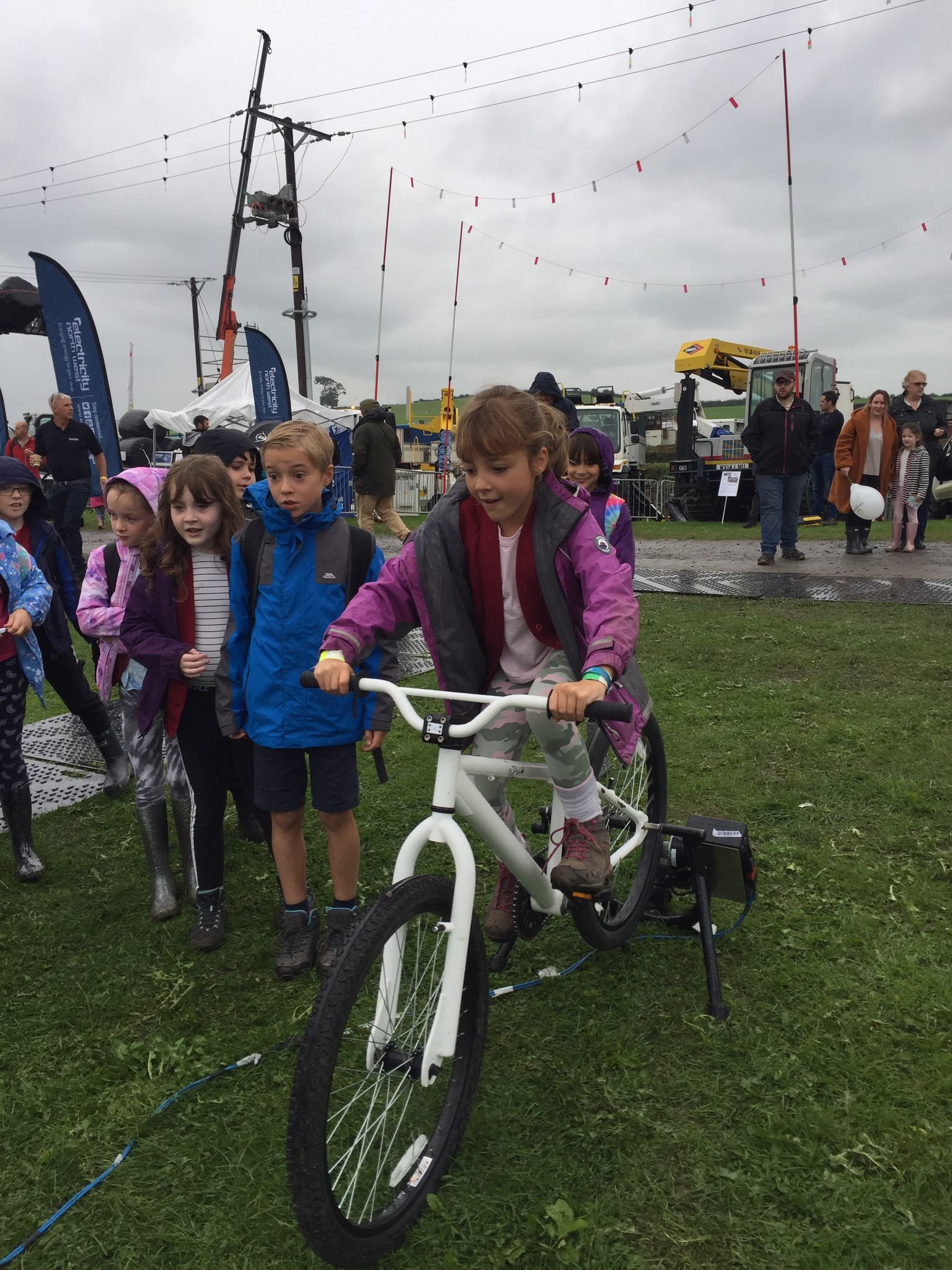

IF YOU WERE AN ENGINEER WHAT WOULD YOU DO? STEM Challenge Spring 2023
Over the past couple of weeks, we have been celebrating British Science Week by entering a competition run by STEM ‘If you were an engineer what would you do?’ We kicked this off with a visit from a real engineer, Adam Thickett, from Siemens Energy who came to speak to us about what things he has created, what inspires him and why he became an engineer. We even had the opportunity to interview him, asking our own questions about his job.
Then, in our classes we thought about all the different problems there are in the world both big and small that we would like to find a solution. This is where we became engineers, as we worked hard brainstorming and developing designs that could be created and solve the issue. As part of the competition we wrote rationales explaining what our idea is/does and why we have designed it.
Each child has worked extremely hard and there have been some fantastic entries. It was very hard to choose a favourite from each class but a special well done must go to our in-house winners with their designs:
· Y1- Isla (Helpful Robot) and Jack (Dog Drying Machine)
· Y2- Macey (Unbreakable Screws and Drawers) and William (Pollushark that cleans up pollution in the Ocean)
· Y3- Mabel (Bird that tracks down and cleans litter from the Ocean) and Lucas (Money Machine)
· Y4- Tristan (Portable Water Purifier) and Hannah (Flying Harvester)
· Y5- P (Bin that turns old clothes into new ones to stop waste) and Tyler B (CO2 Absorber)
· Y6- Lydia and Isabella (Joint Friend-Bot Design that provides company, destressing activities and tips to make friends)
We have now submitted our designs and will await feedback from engineers. Fingers crossed one of them may be considered to be made into a prototype!
Well done to our “If you were an engineer what would you do?” winners 2023!
Bigger News!!!
All of our entries who achieved the distinction shortlisted stage went on display at the Kendal College in the exhibition.
A huge well done to these children for reaching the final stage:
Year 1- Grace Carr, Jack Aston-Junge.
Year 2- Freddie Hope, Milo Titterington, Noah Jones, Rinabelle Ramos, Sam Edmondson, William Edmondson.
Year 3- Emily Wilson, Kamilla Drellock, Mabel Cormack, Max Fallows.
Year 4- Alphons Noble, Cora Martin, Elijah Irving, Evie Batley, Hannah Irving, Holly Mason, Noah Wilson, Paige Corbett, Sadie Greenup, Sarah Ward, Tristan Plavec.
Year 5- Alexis Leigh, April Fletcher, Zairah Tennison.
Finally, a special mention to Noah Jones, who won in his age category with his idea of a house mover. This is really impressive out of all the number of entries. Amazing job! Big well done to him!
Science Club 2023
A huge thank you to all of the children who have attended Science Club! We have had great fun conducting some 'explosive' experiments.
British Science Week 2024
This week we have been celebrating the 30th anniversary of British Science Week, with the theme of ‘Time’. We kicked off the week with a whole school assembly discussing what time is, how it can be told and how things change over time. We also looked at important Scientific discoveries and how technology has changed over time.
In each class we were conducting investigations that linked to time, here is what we have been getting up to.
Finches Class- We enjoyed lots of time related challenges and investigations for Science week. We began by thinking about what time it is and how many star jumps we could do and how many times we could write out a name in a minute. We then used this knowledge to predict how long it would take us to sing happy birthday twice and do two laps of the playground.
Swifts Class- In swifts class this week we engaged in Science Week. After taking part in a whole school assembly, we created our own posters based on the theme of ‘Time’. We shared and discussed ideas such as how our grandparents might have told the time and what that looks like now and how the world has changed over time. We then got creative and designed our own posters.
Kingfishers Class- We have been discovering what reactions are, we discussed how our senses pick up on a stimuli or danger, a message is then sent from our brains to different parts of the body through the spinal cord and along our nerves through important cells called neurons. This message tells our body to react a certain way to the stimuli. We tested our reaction times by seeing how quickly we could catch a ruler which was going to be dropped unexpectedly. We then compared our results.
Eagles Class- We have linked Science and Maths together to investigate different time questions such as: How many minutes have I been alive? etc. The children had great time finding out my age (Mr Ashburn’s) by using the inverse!

